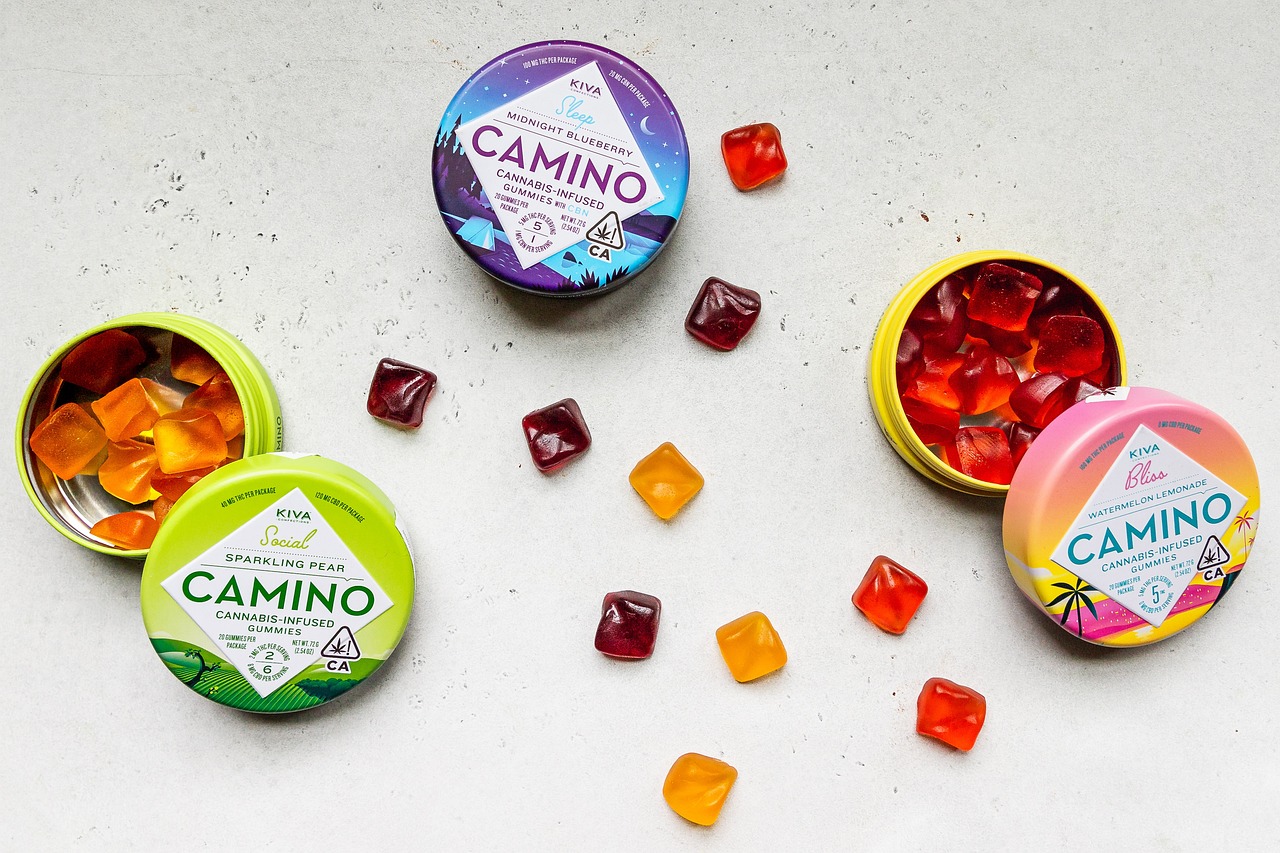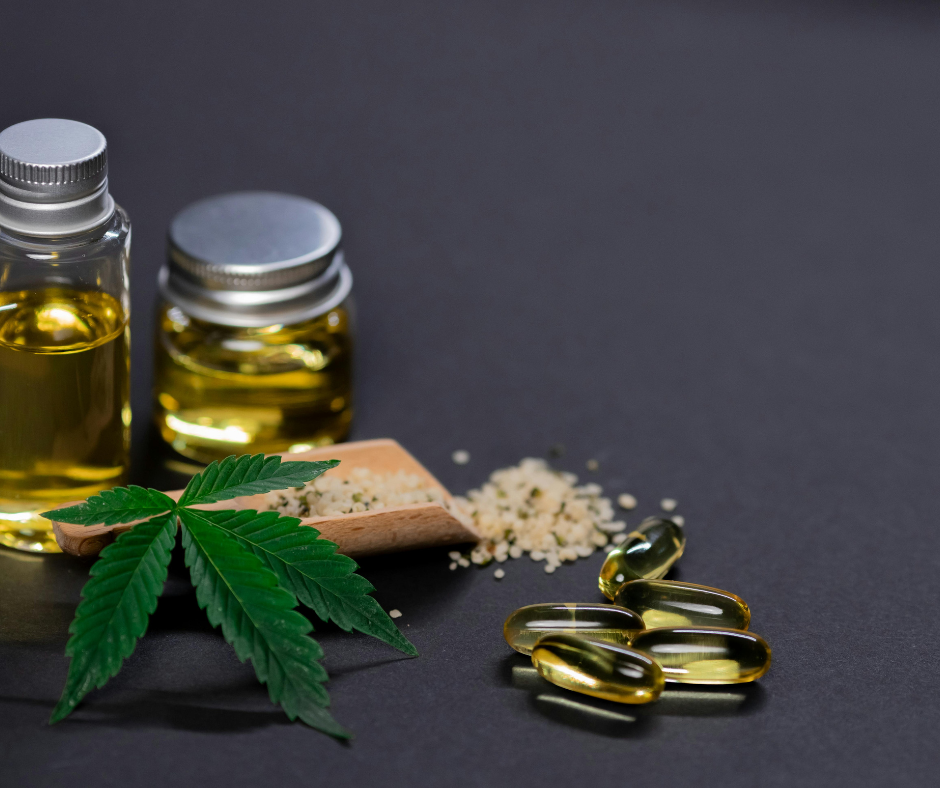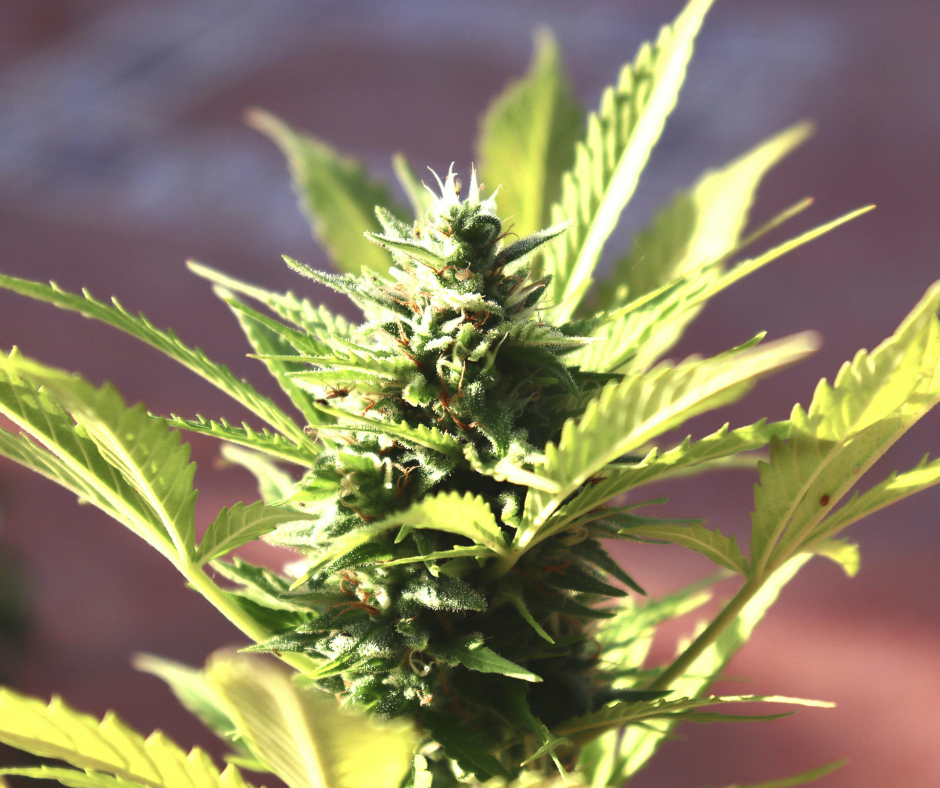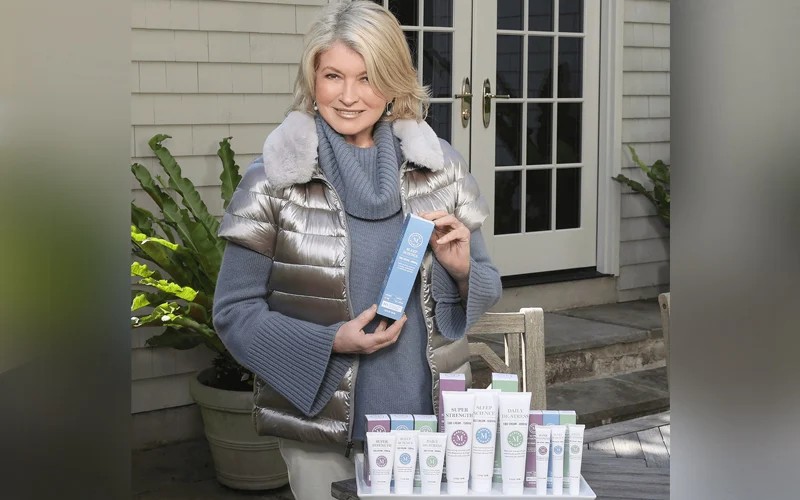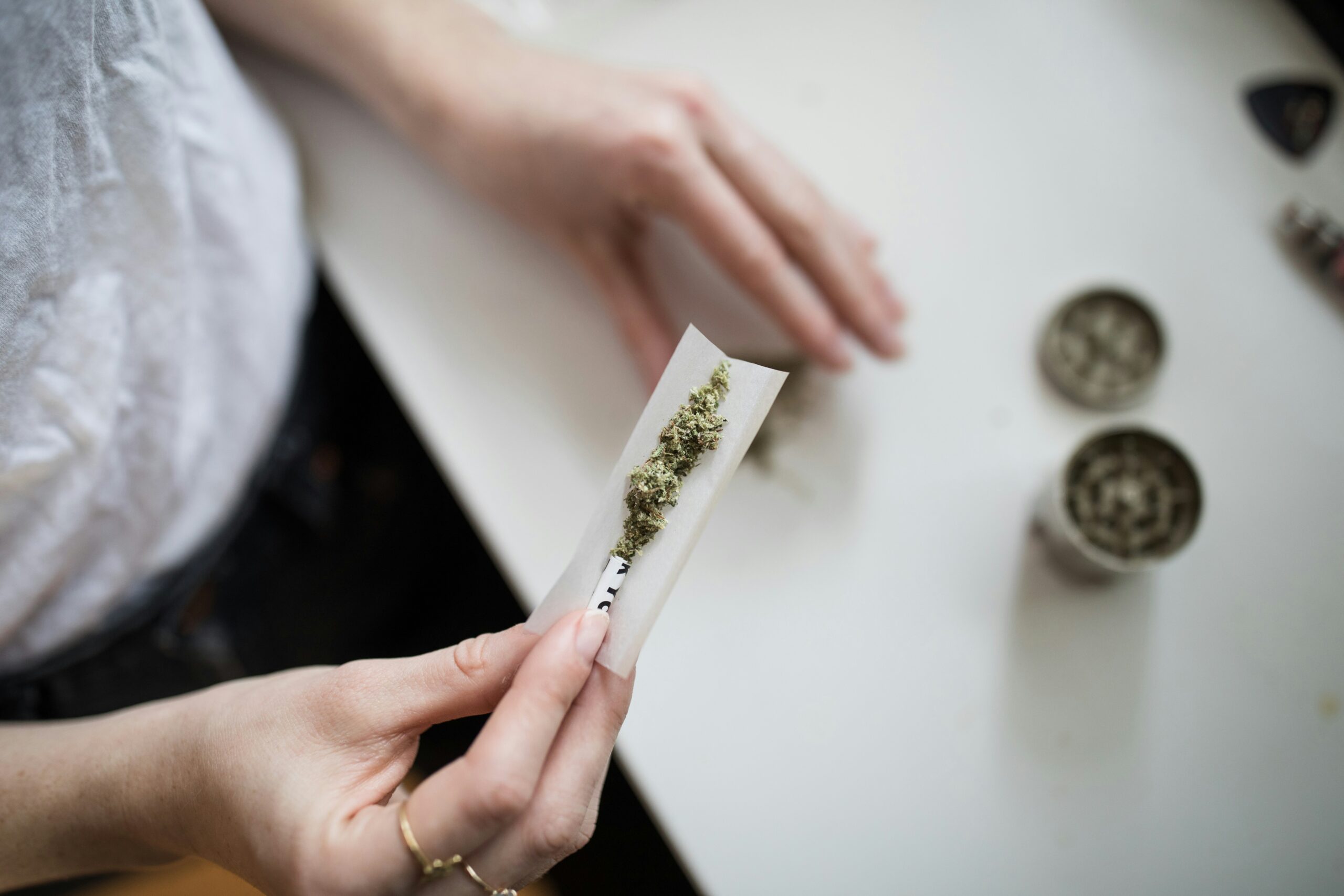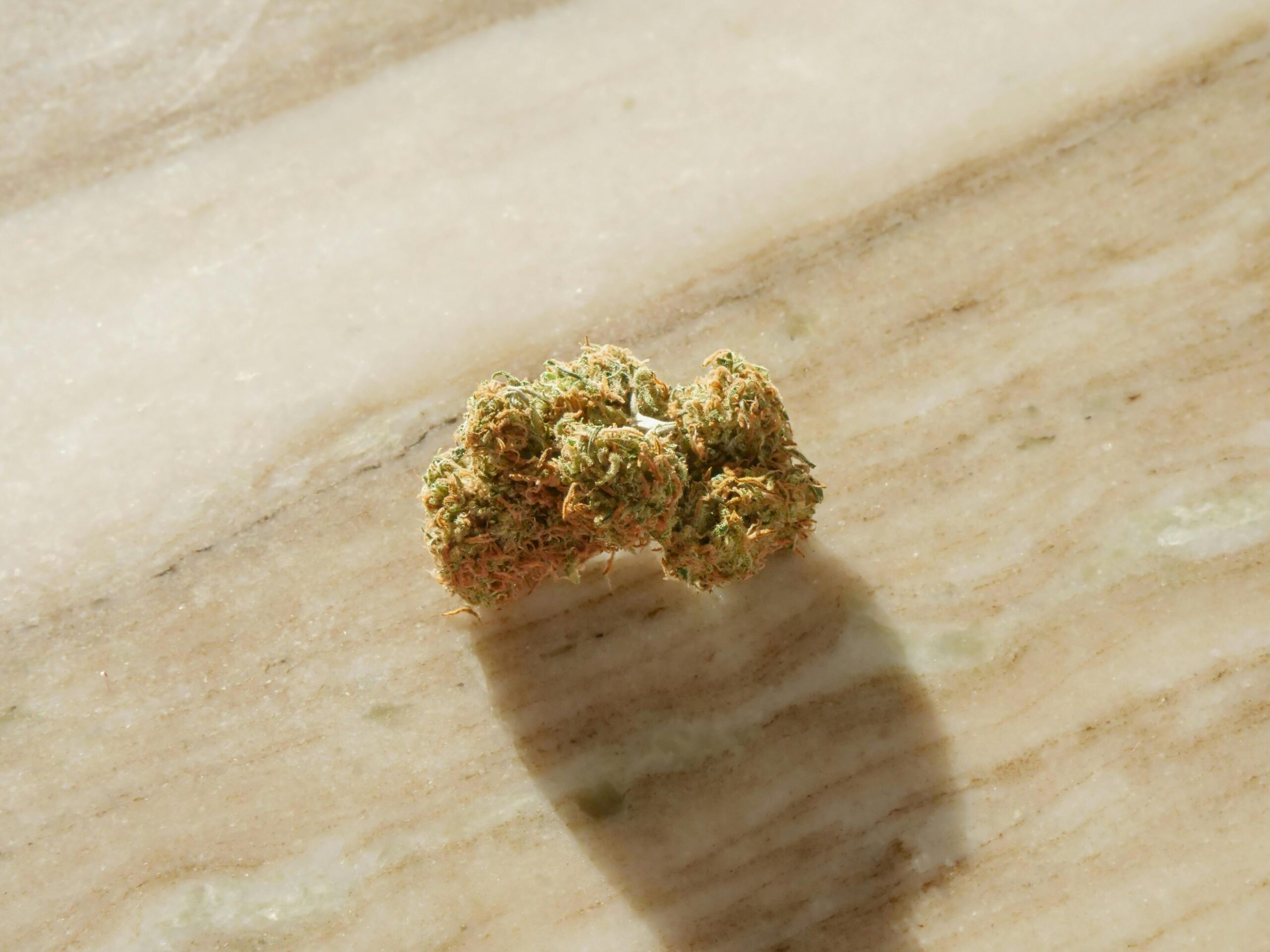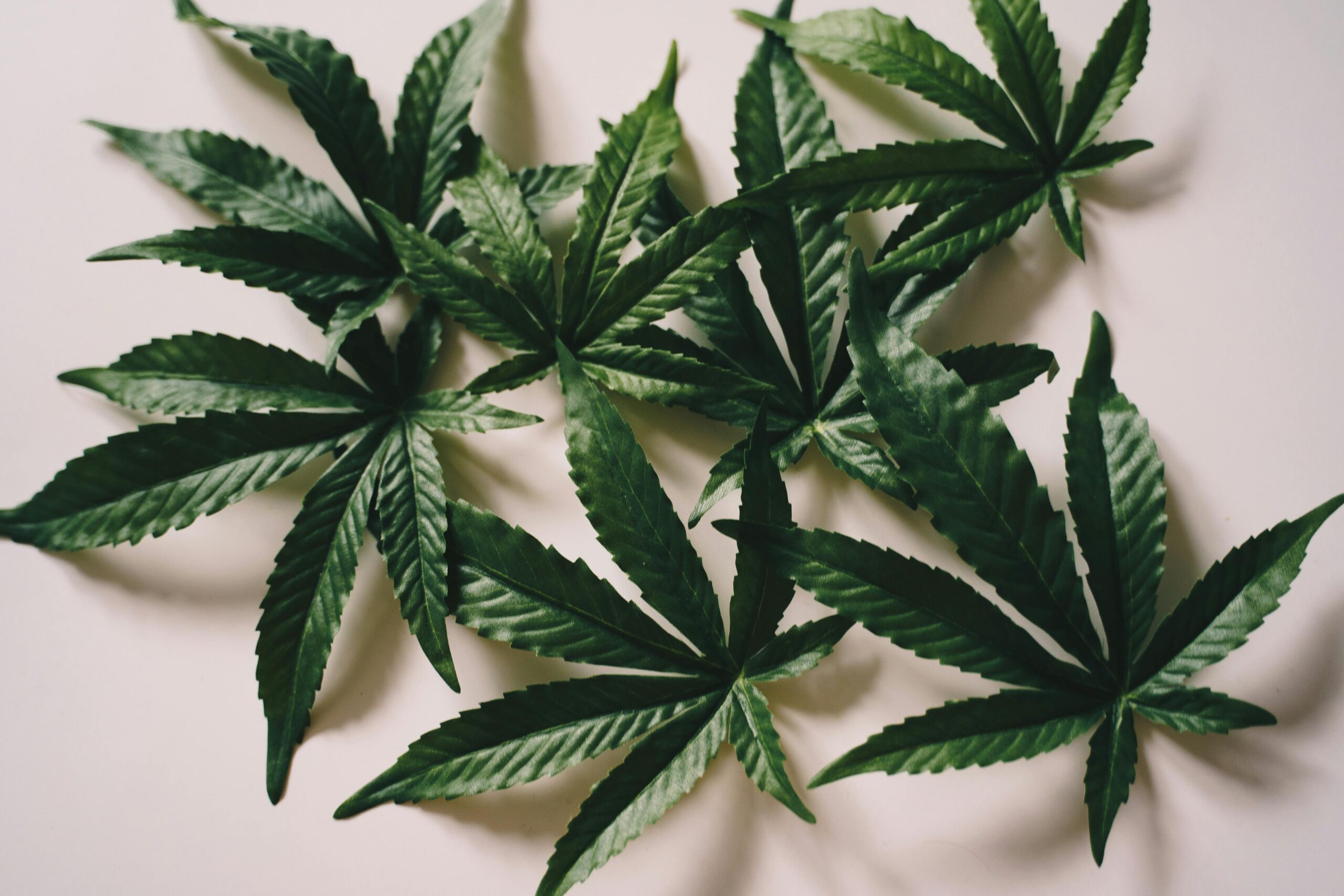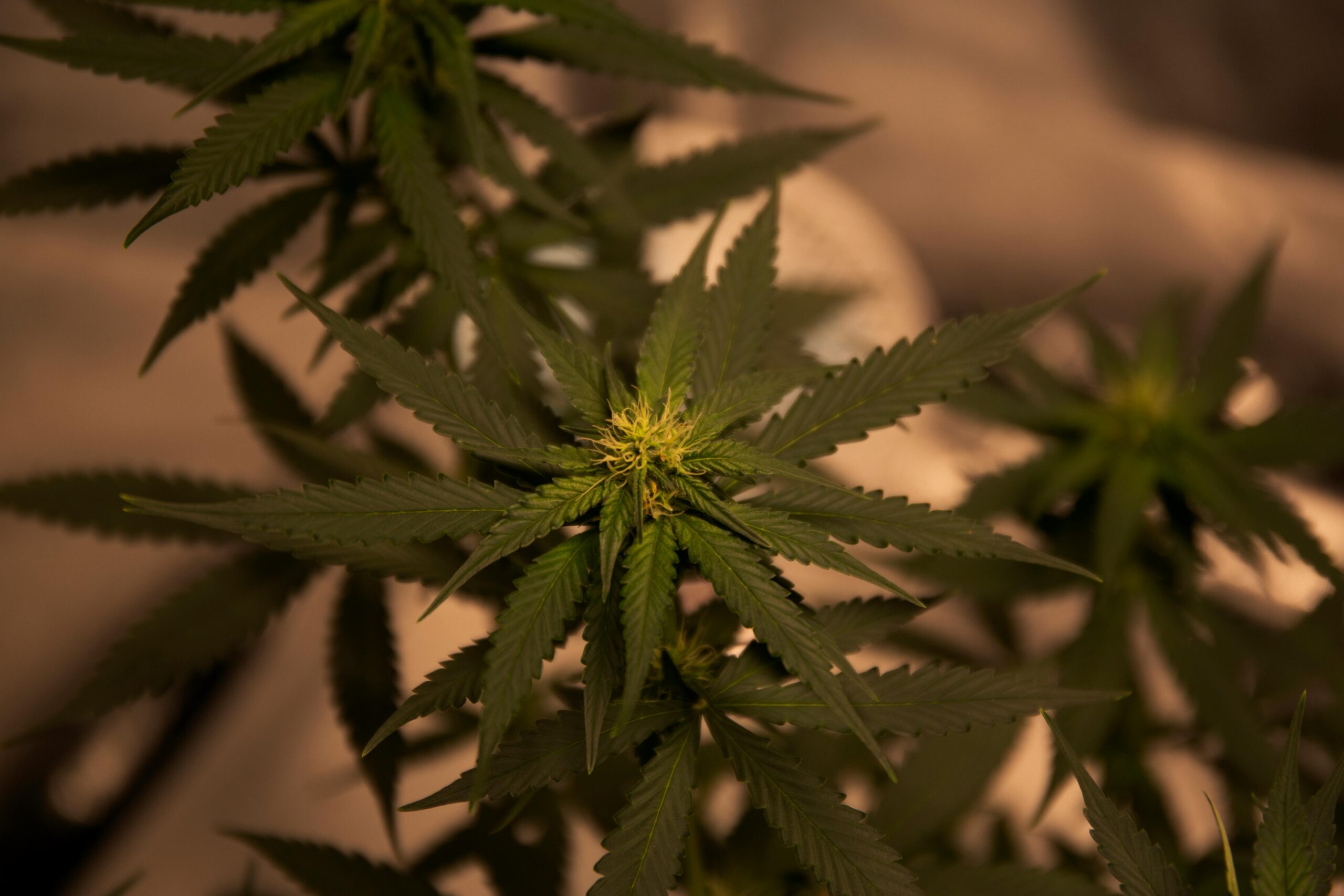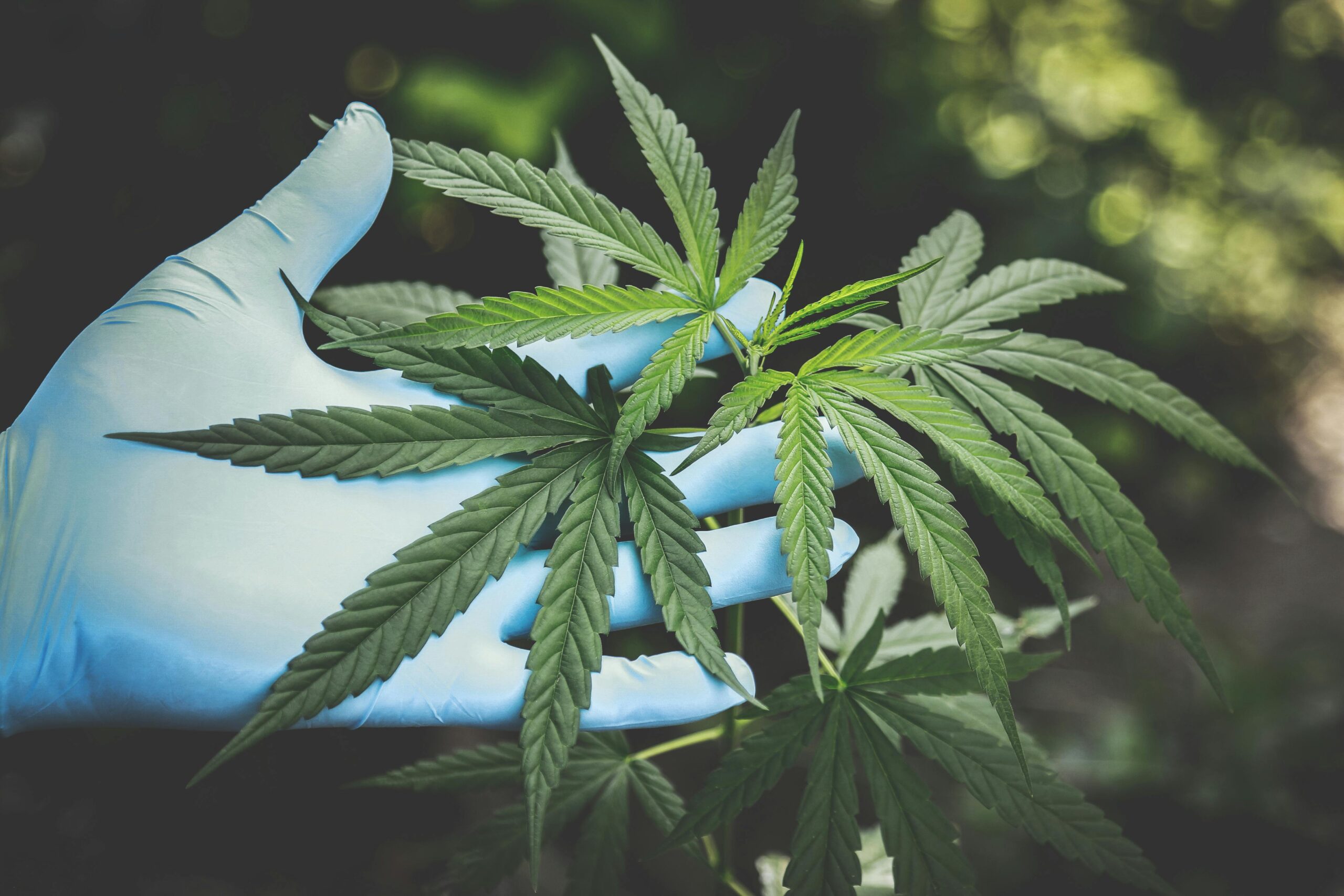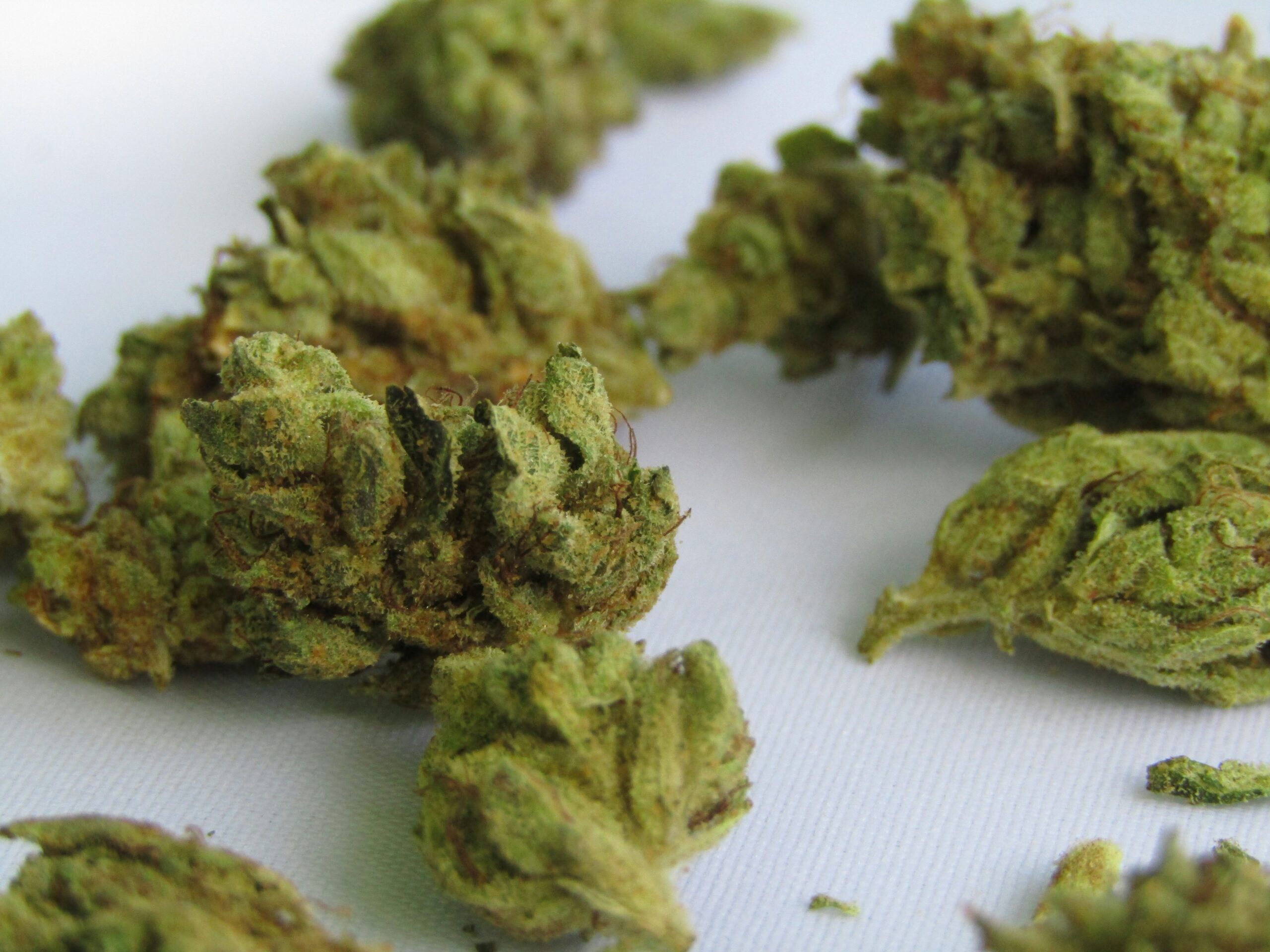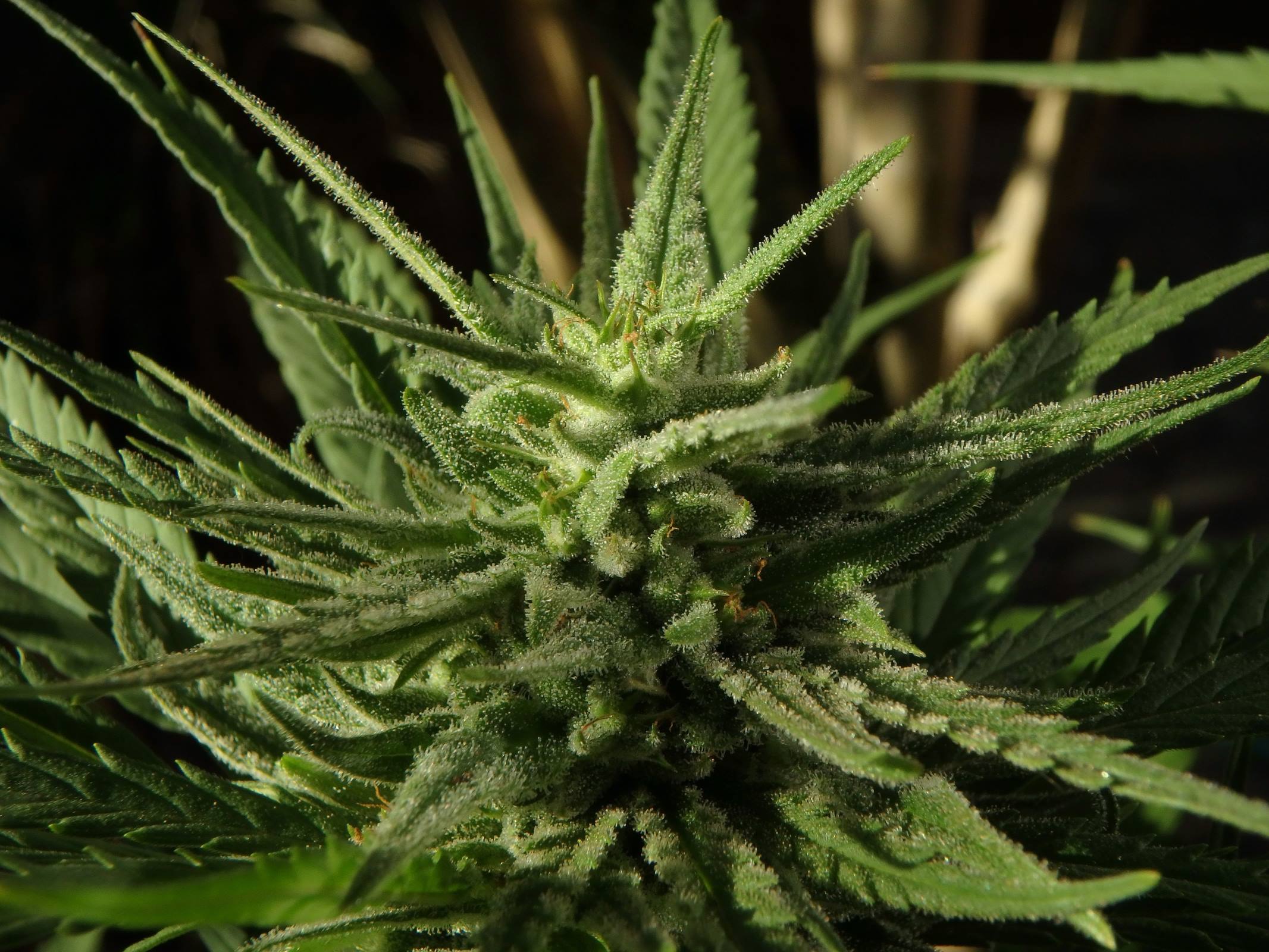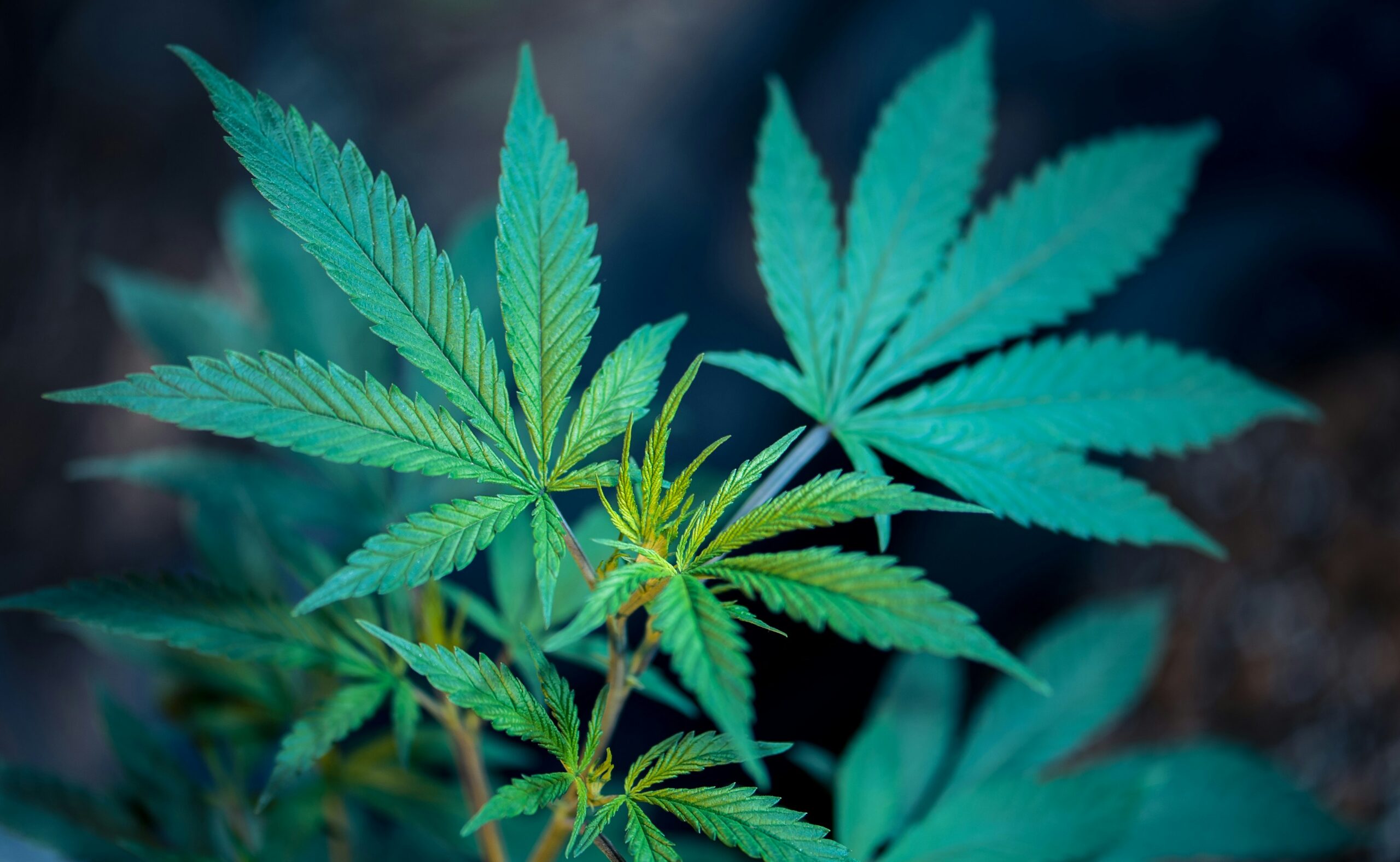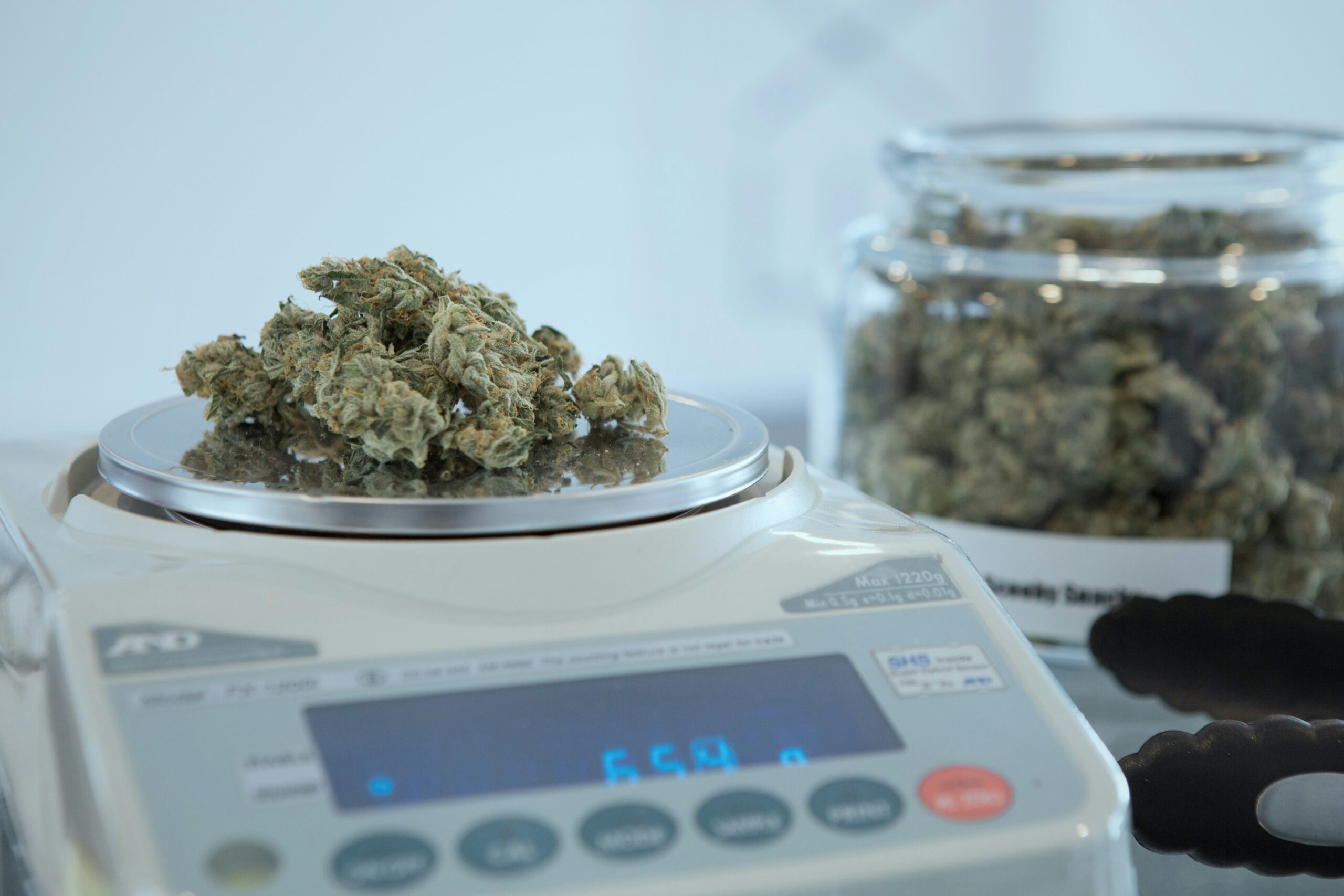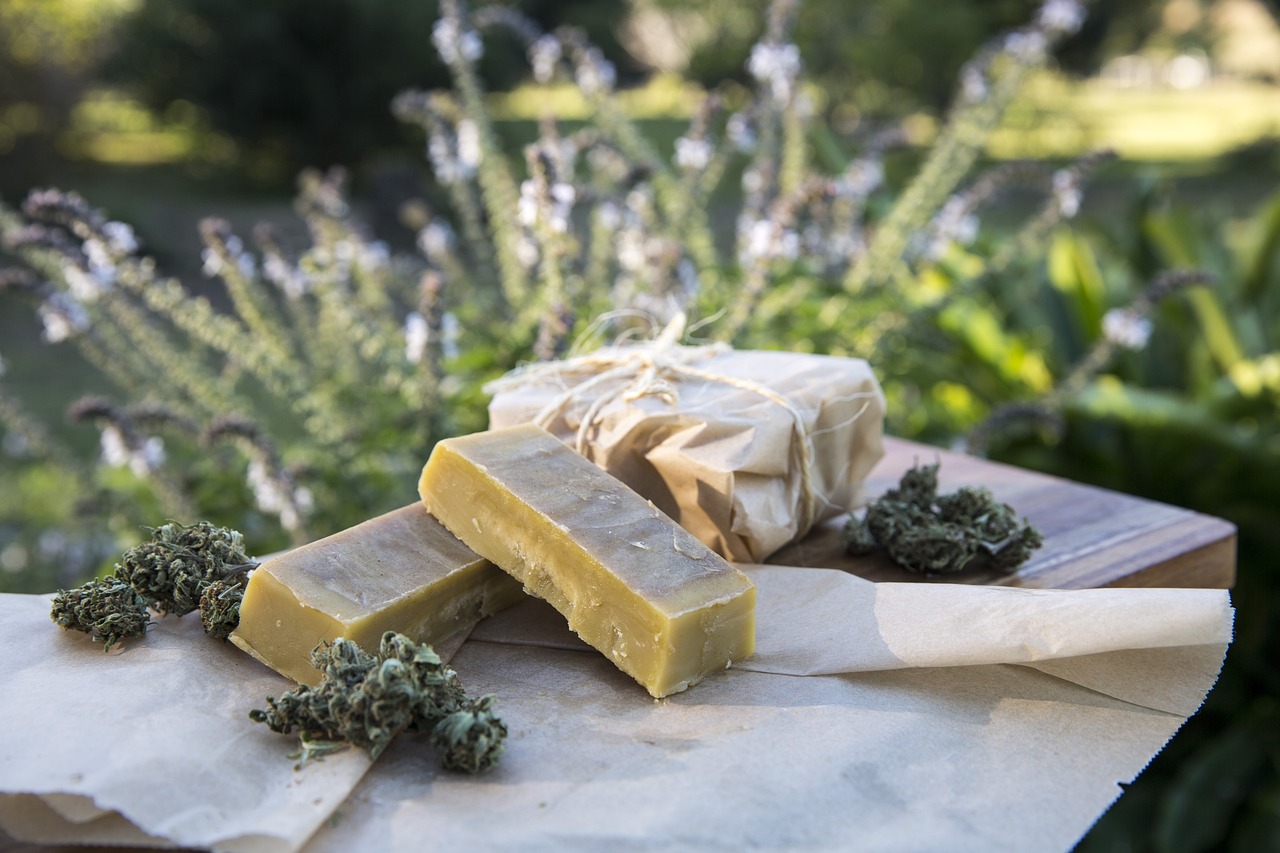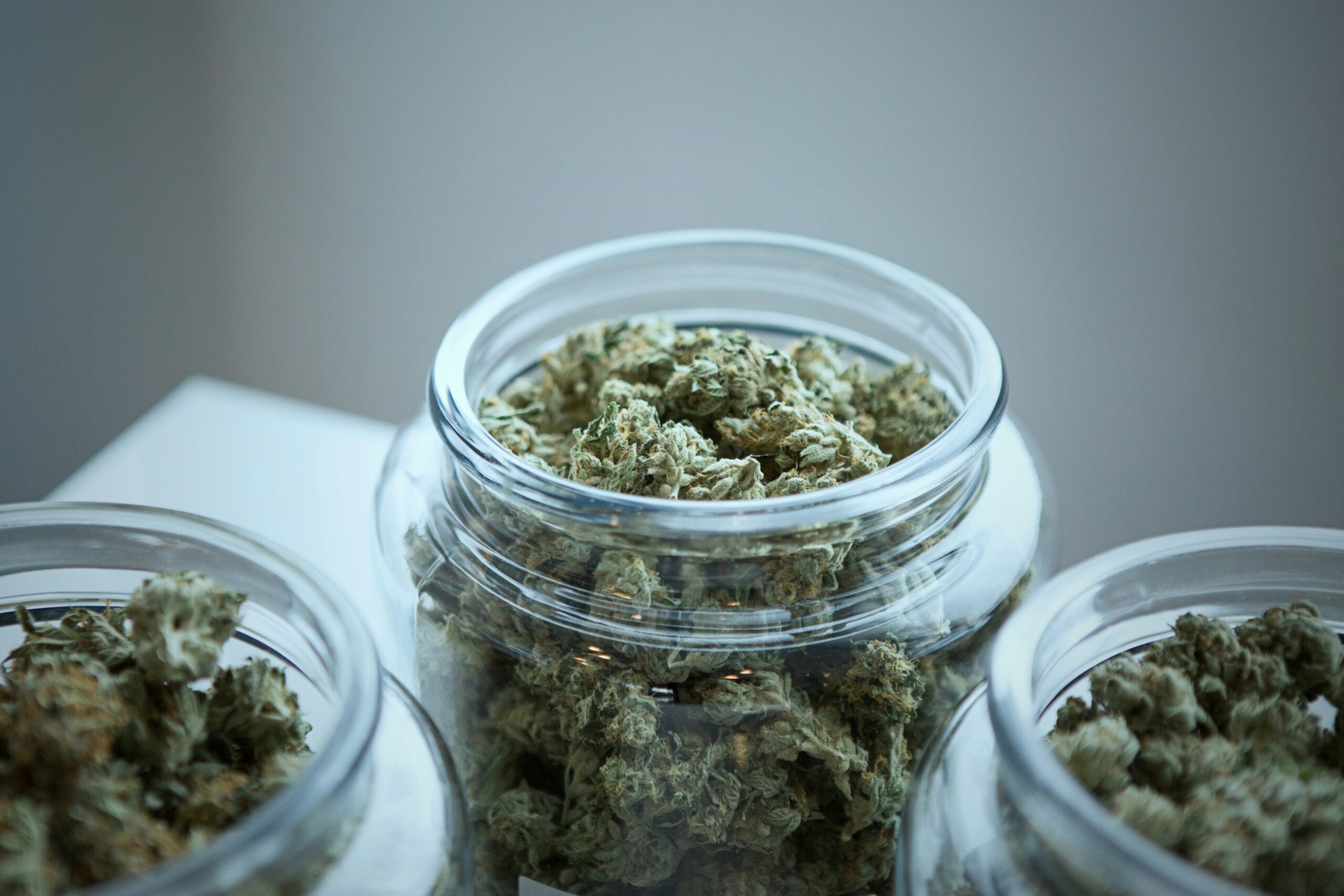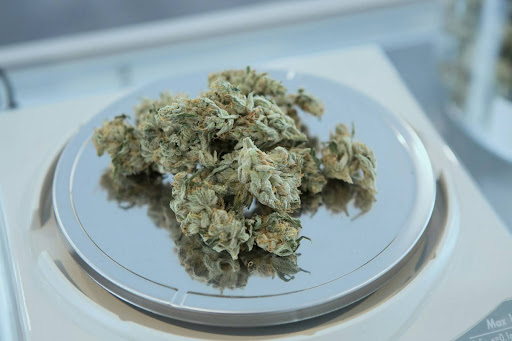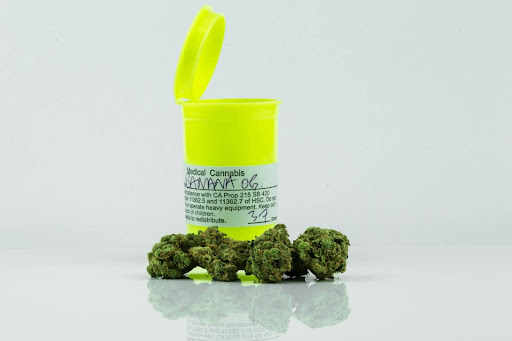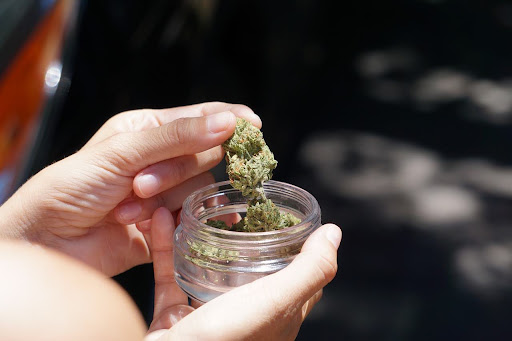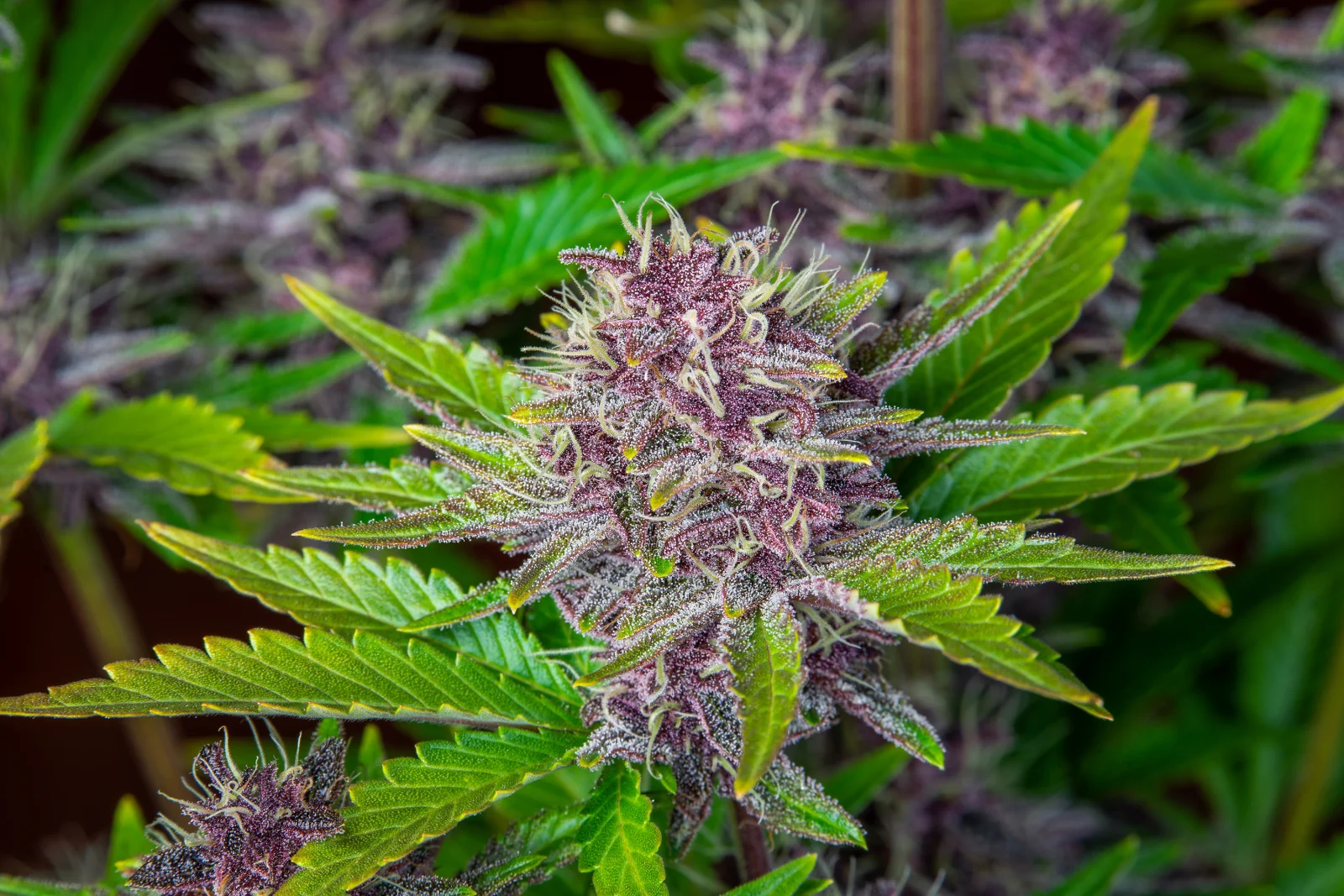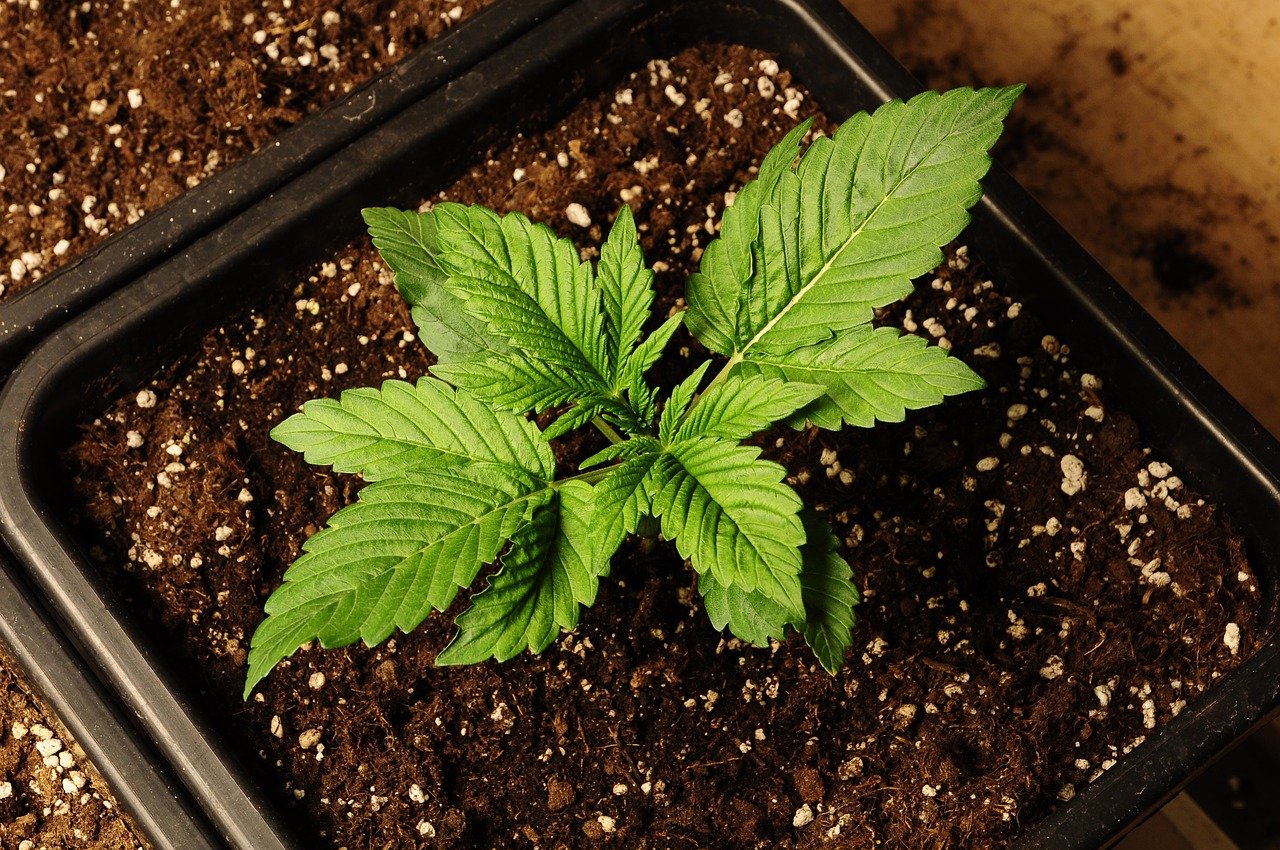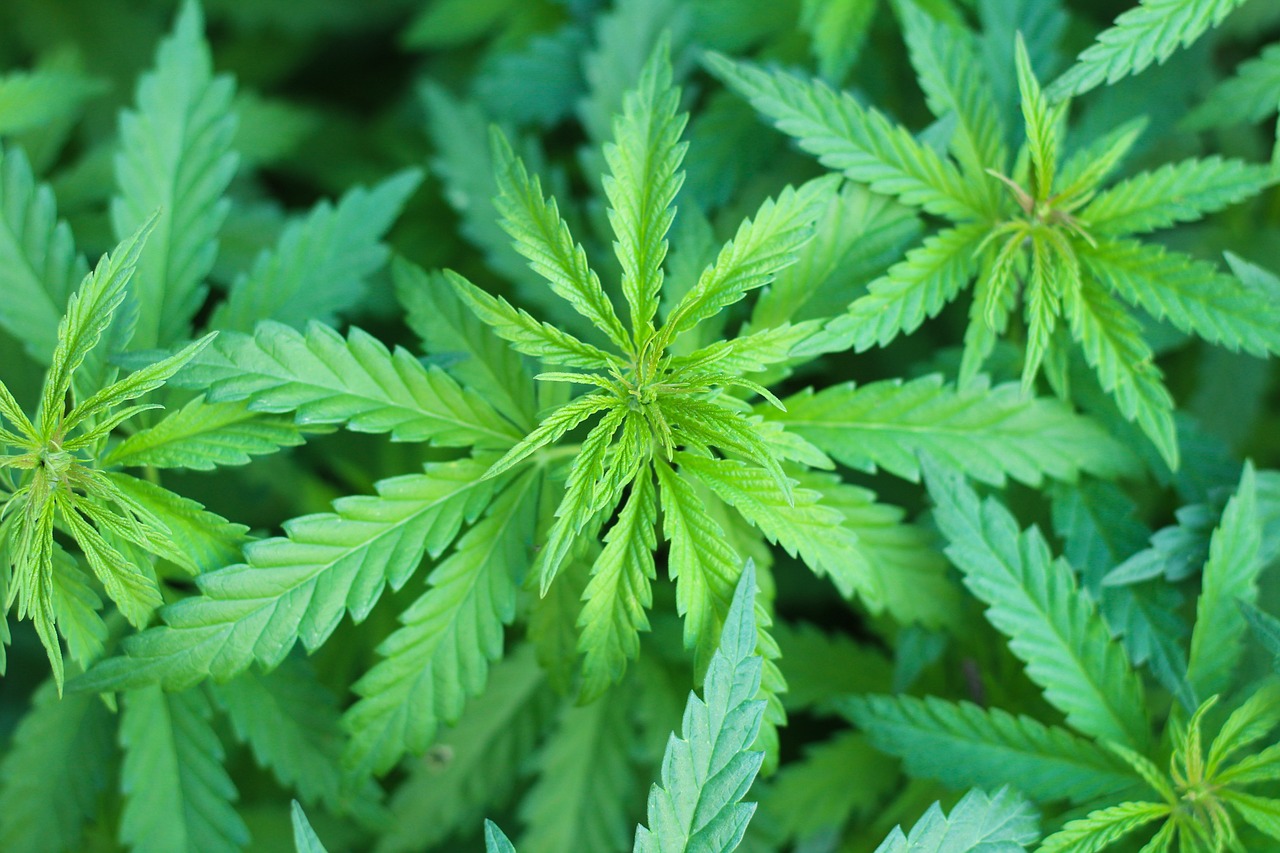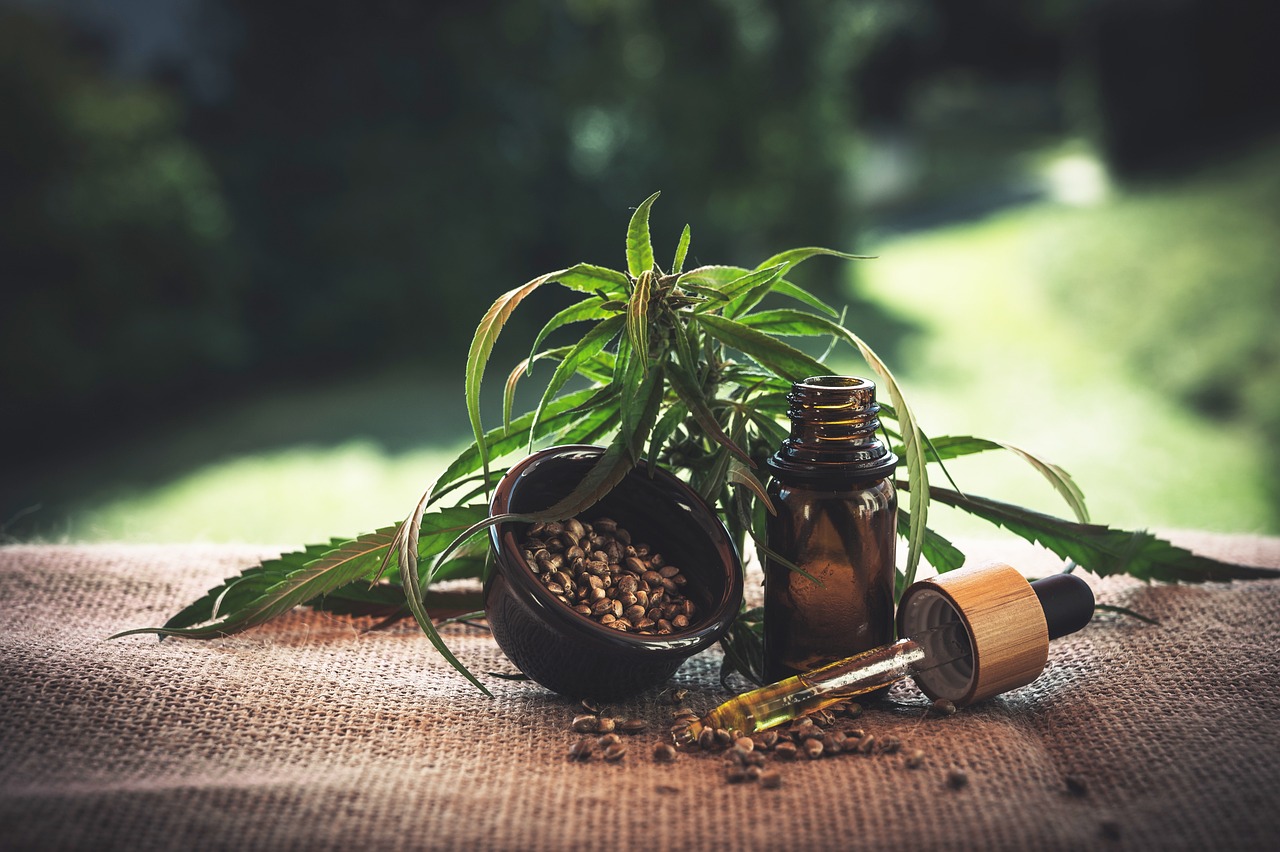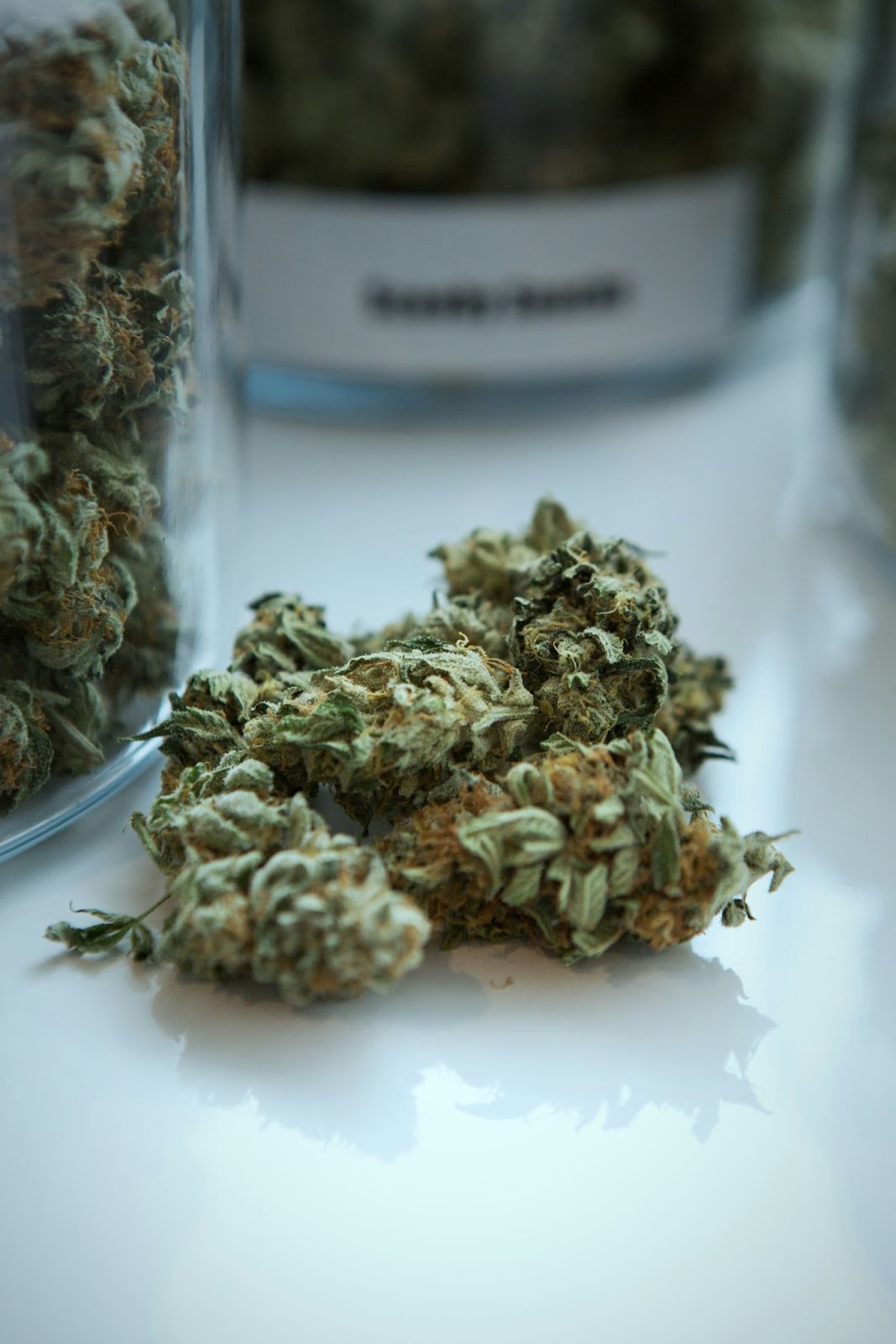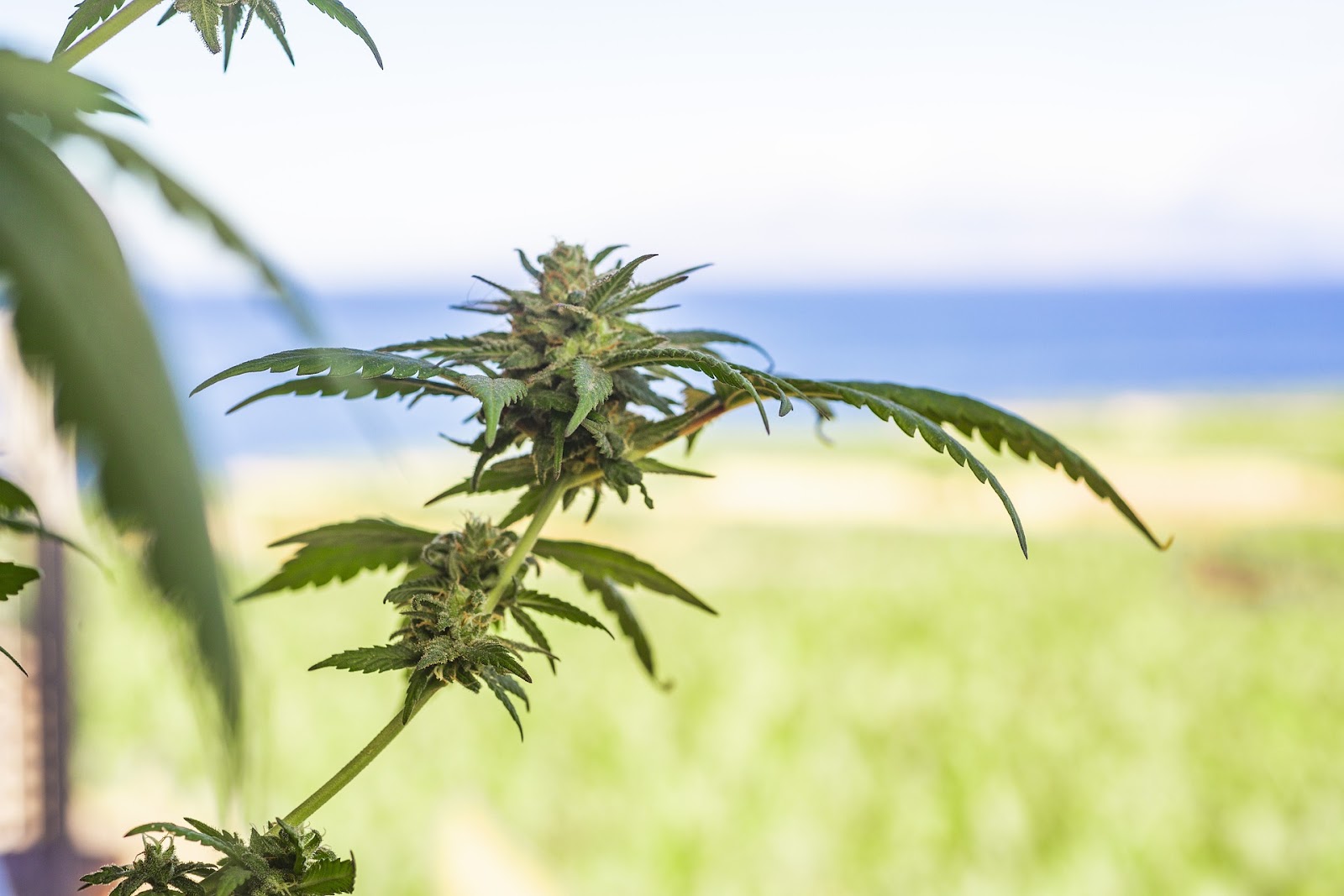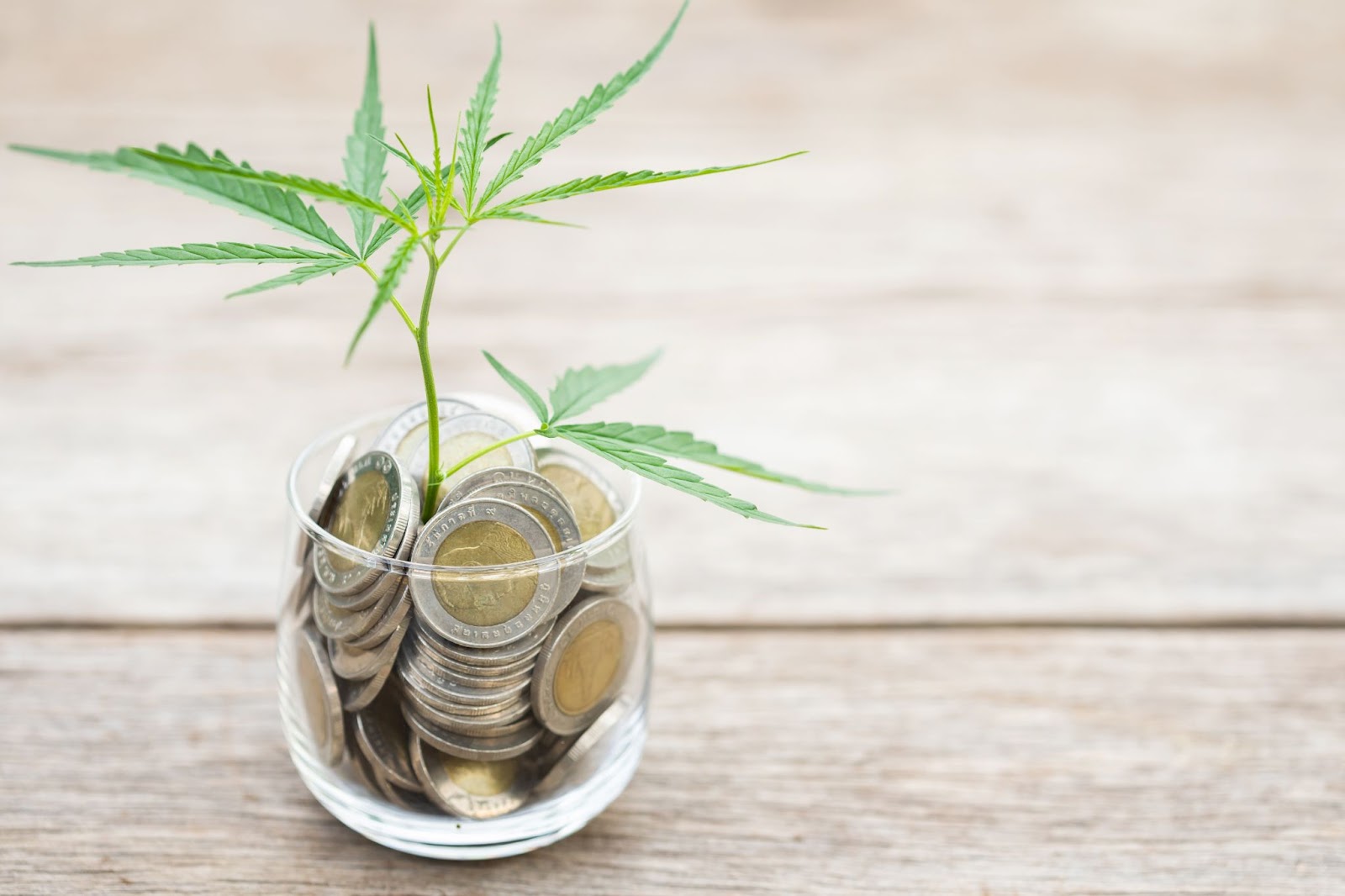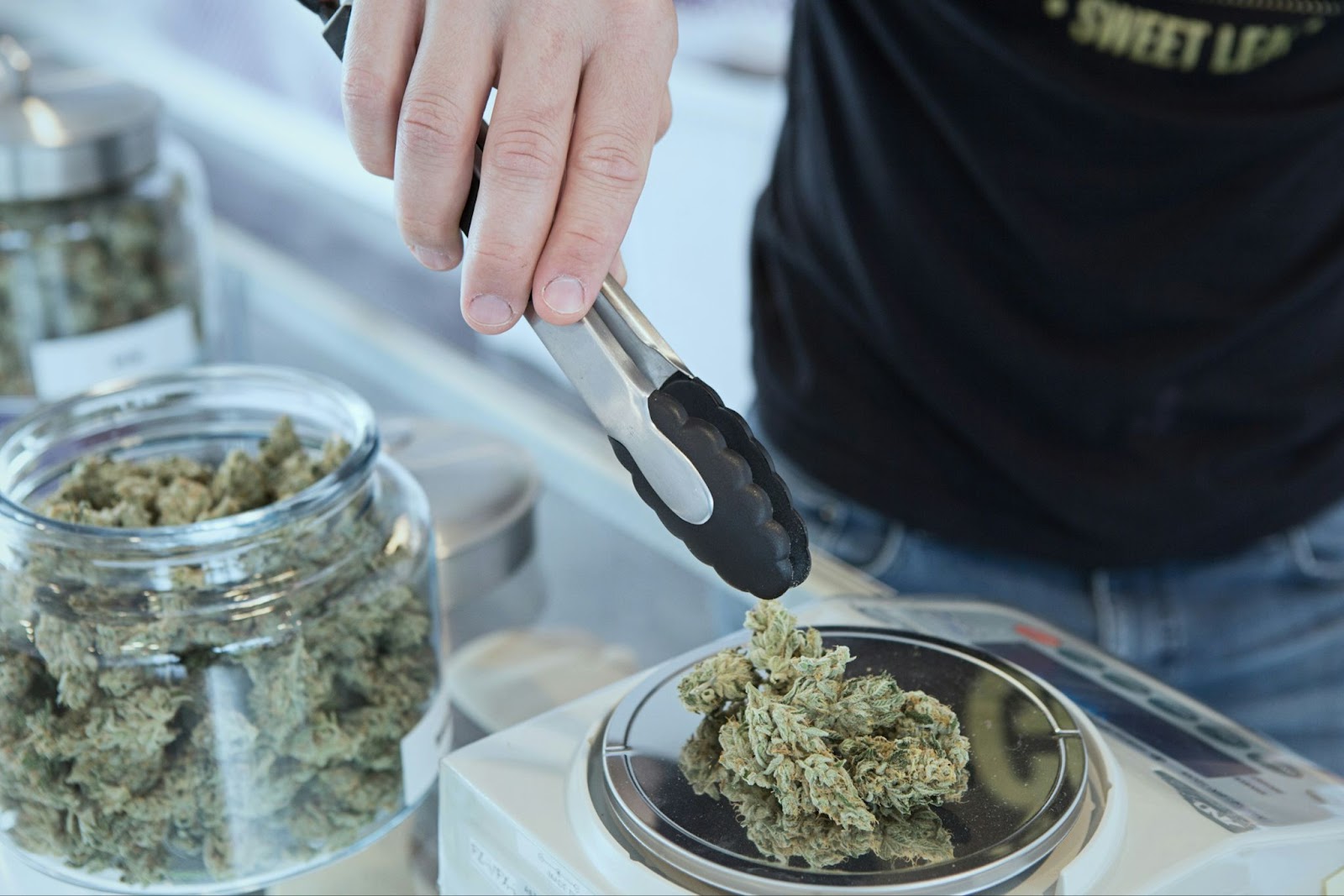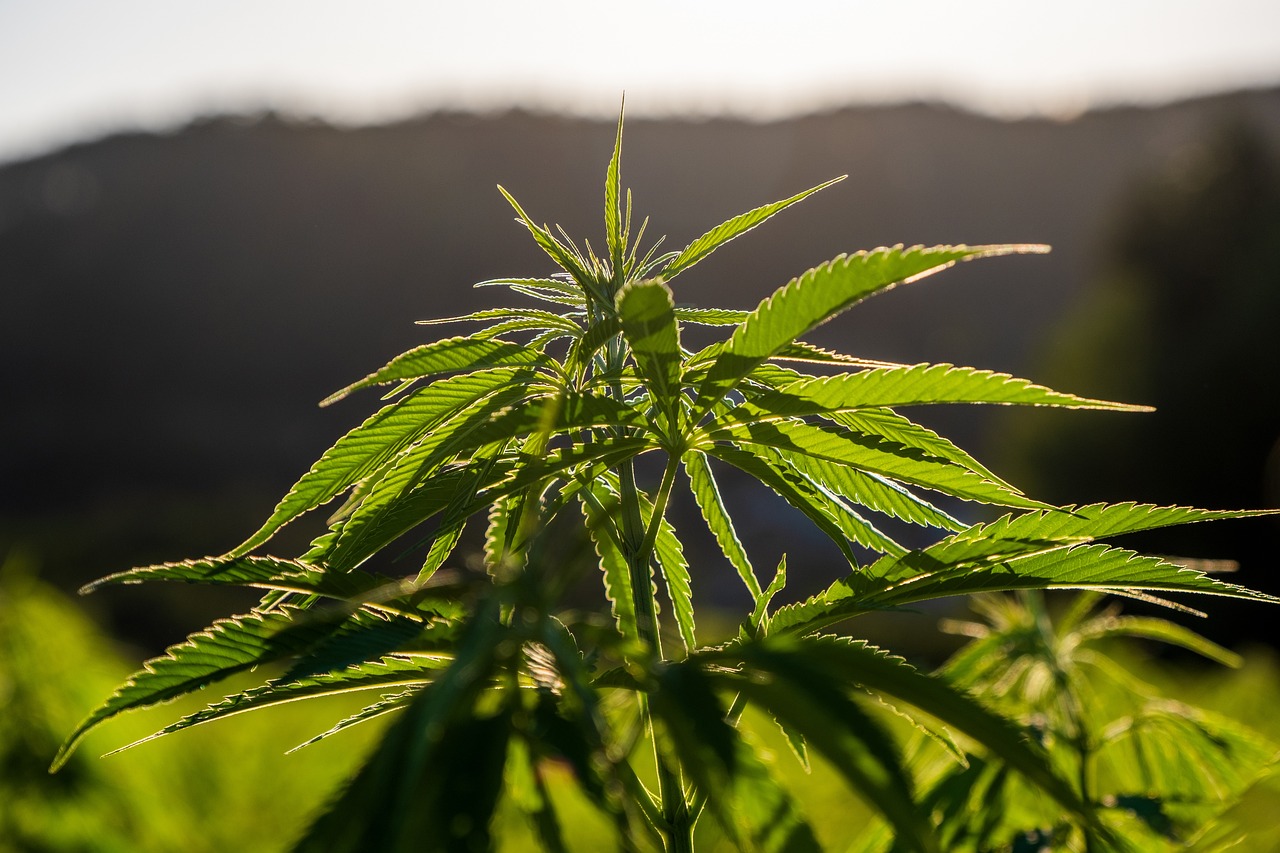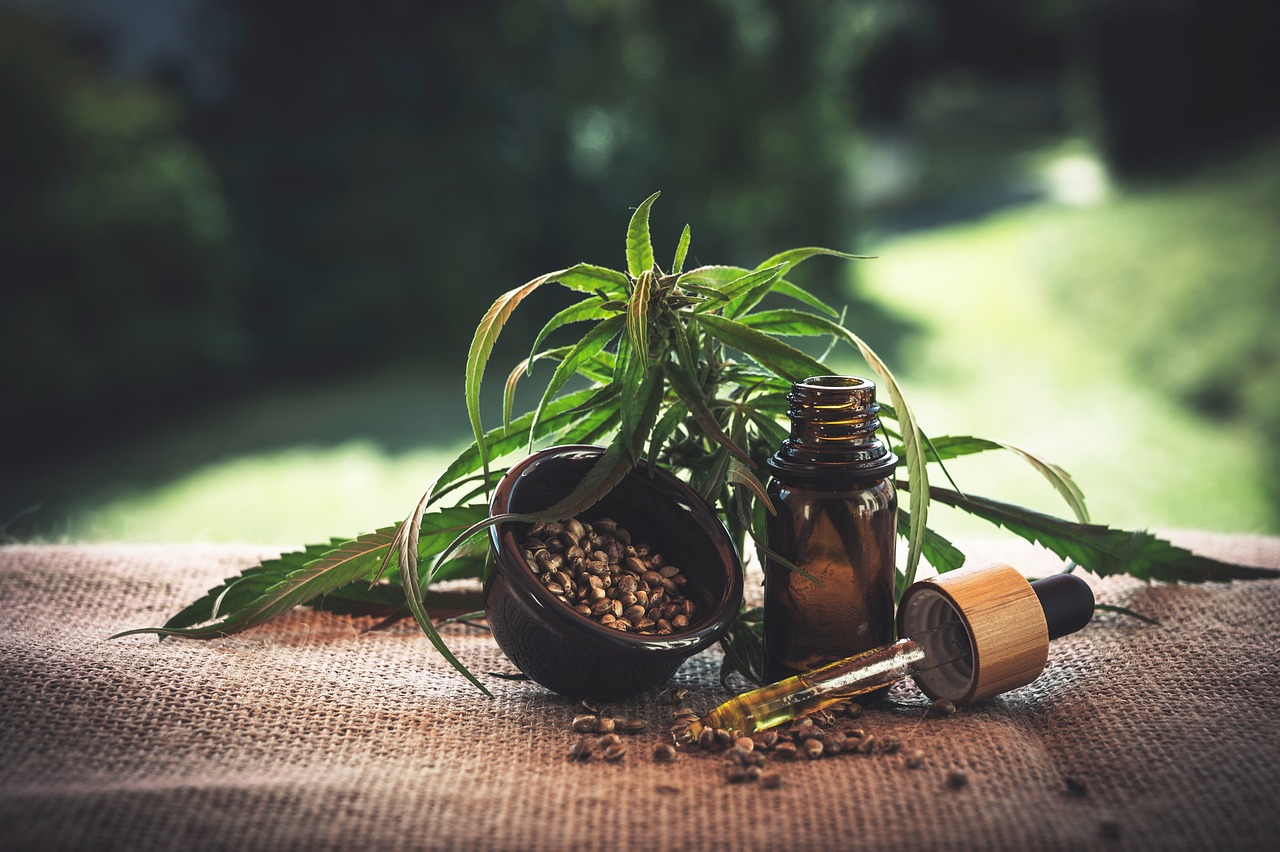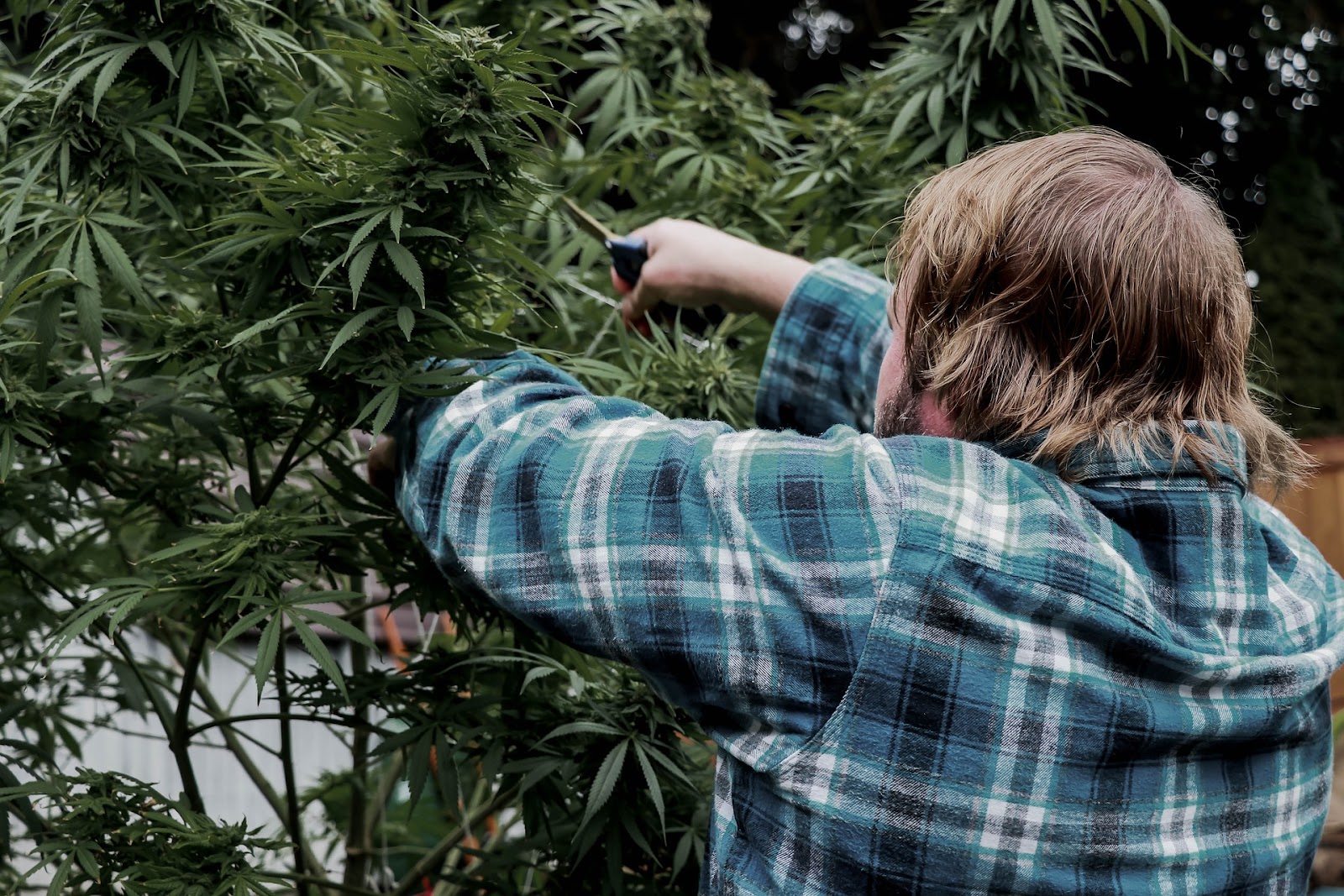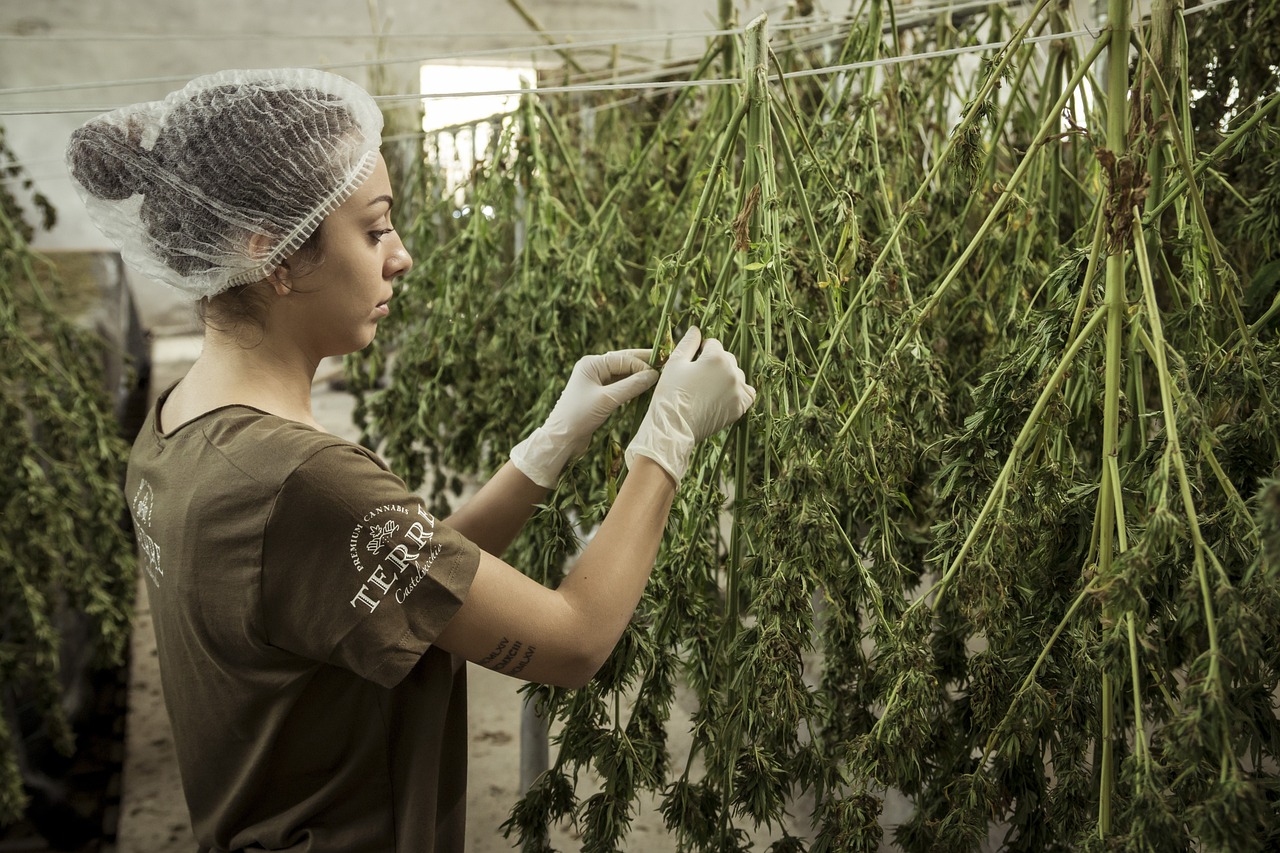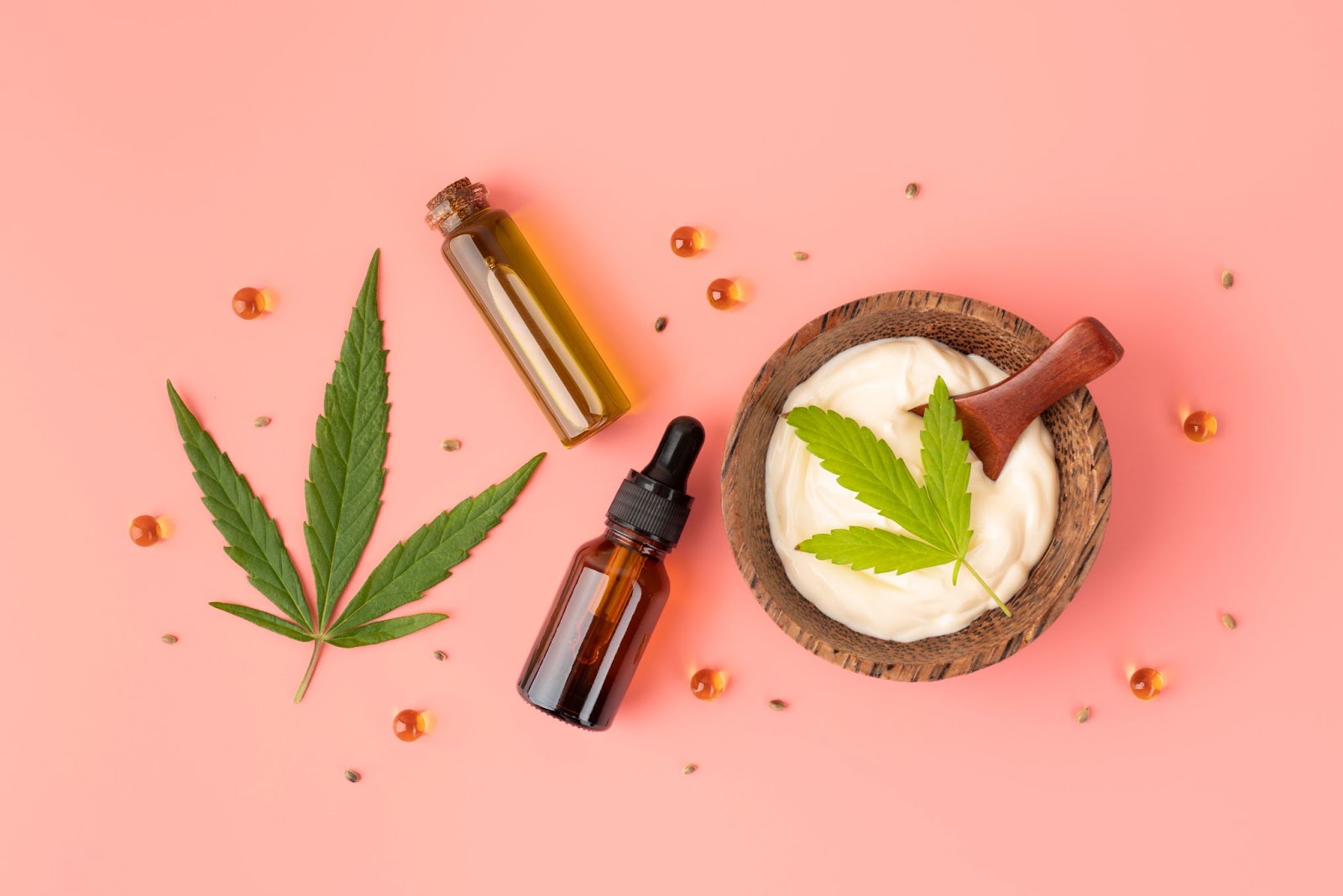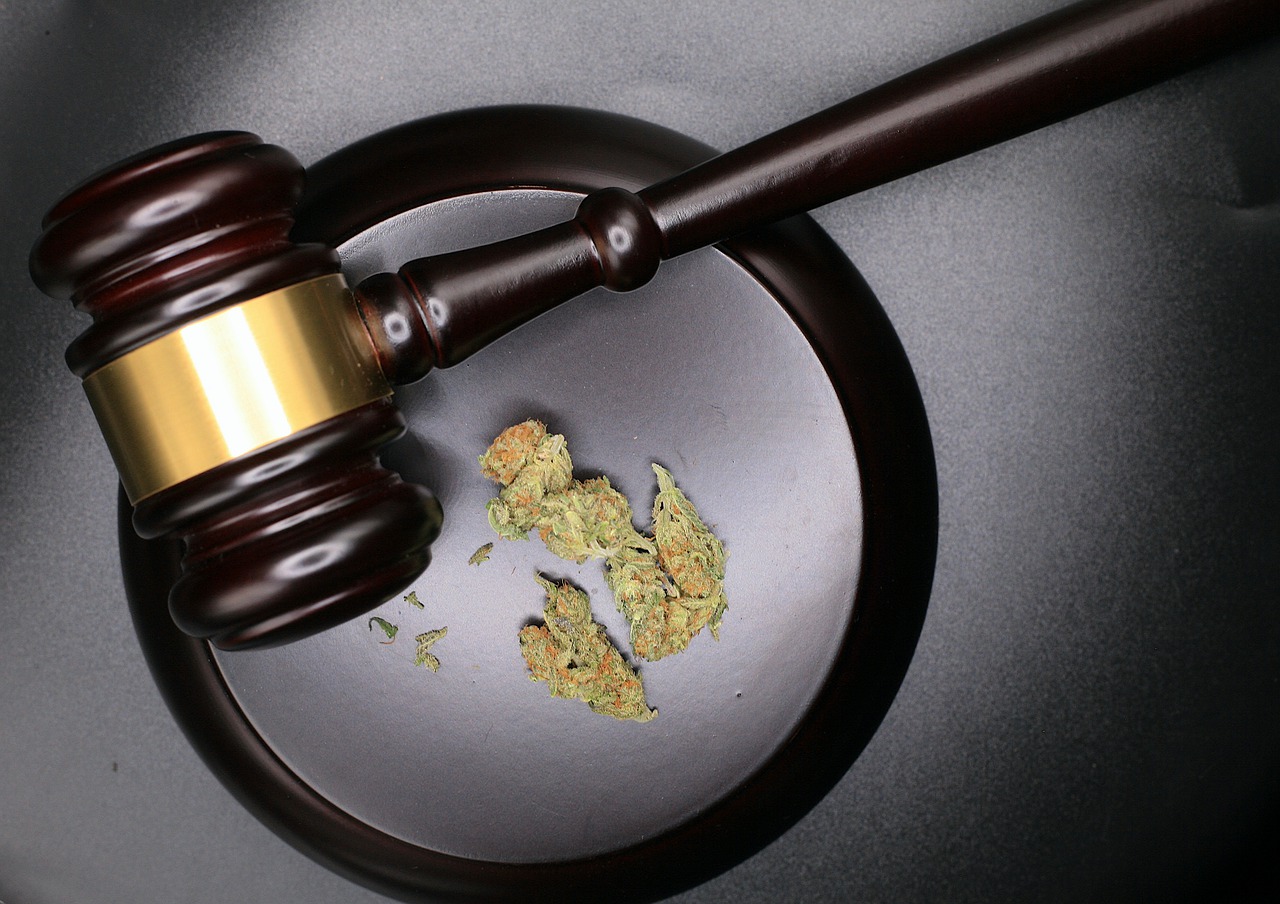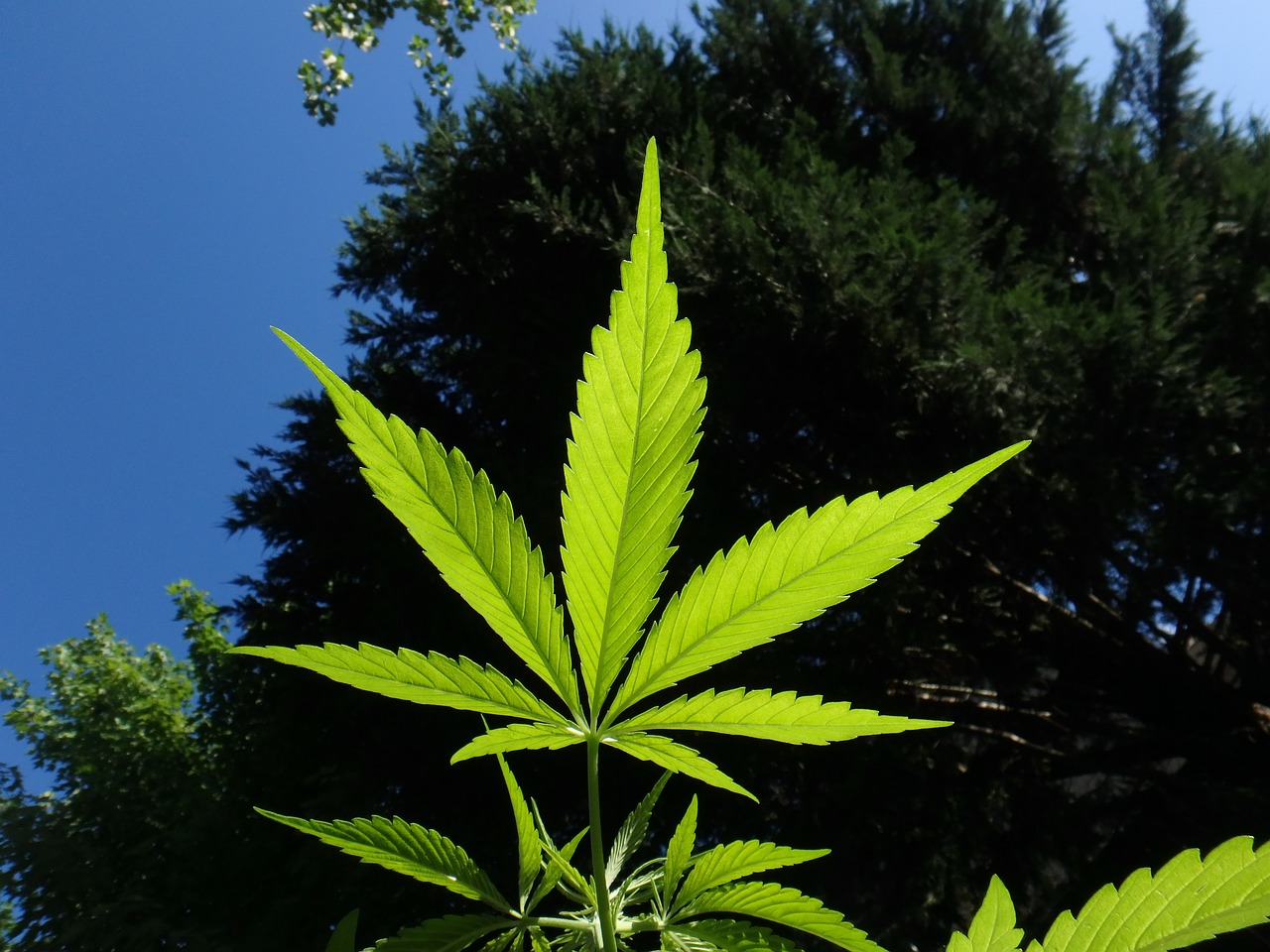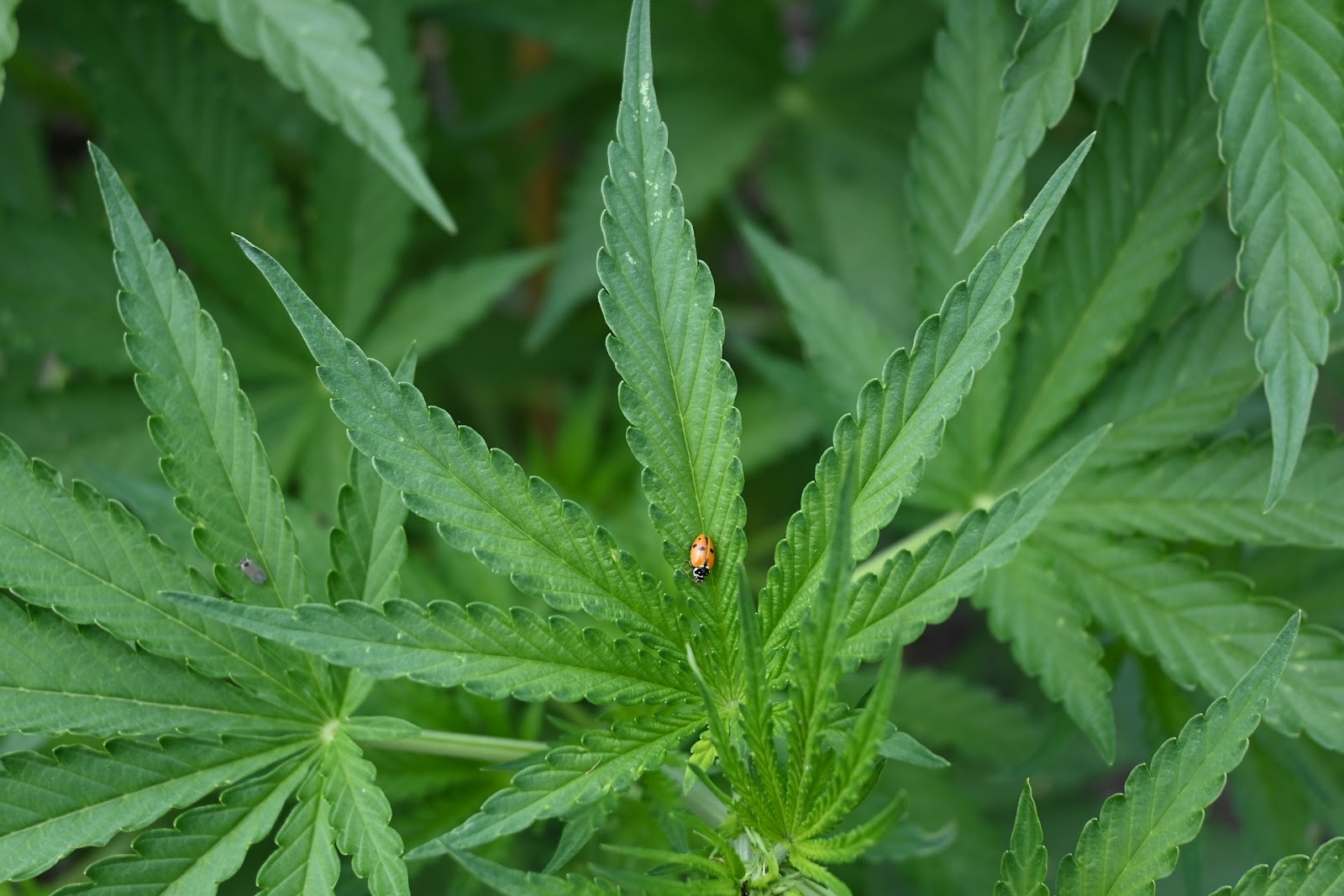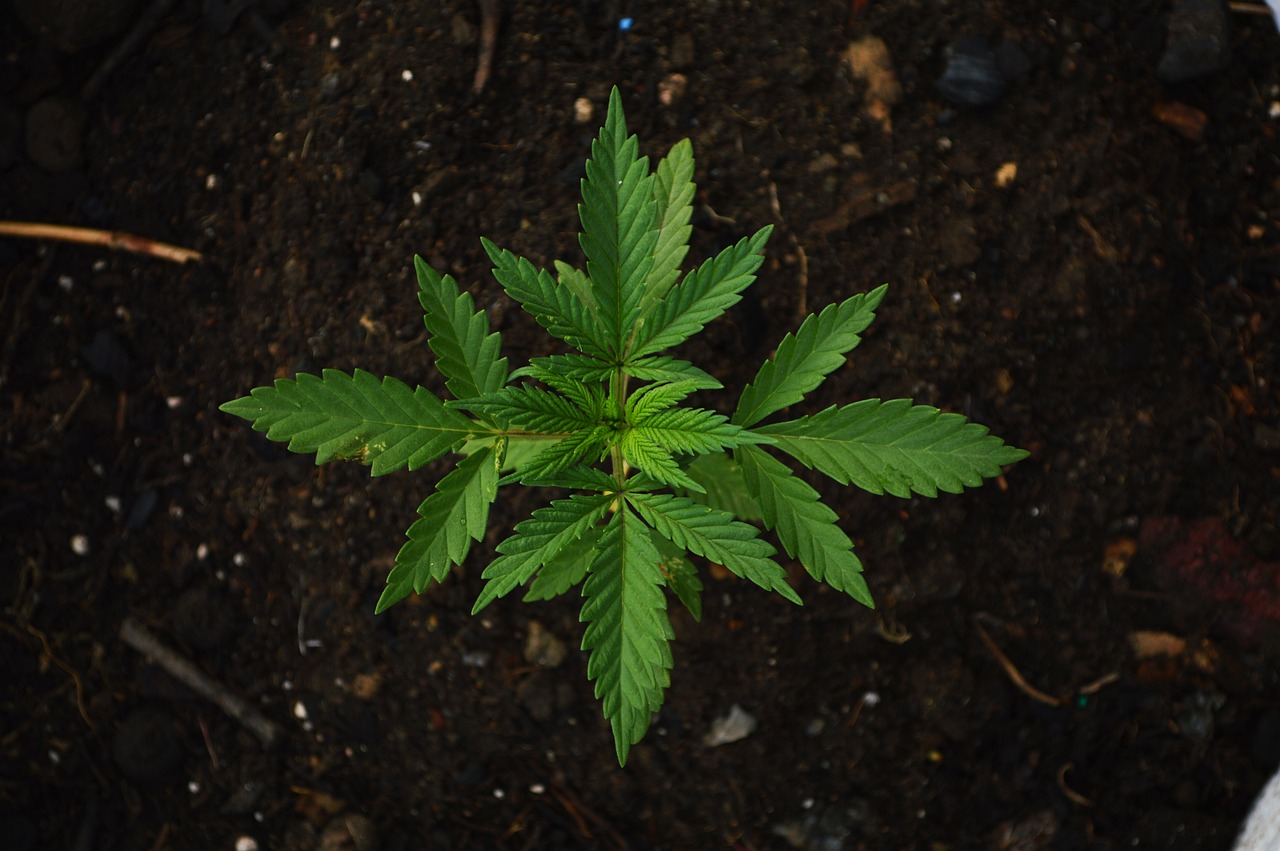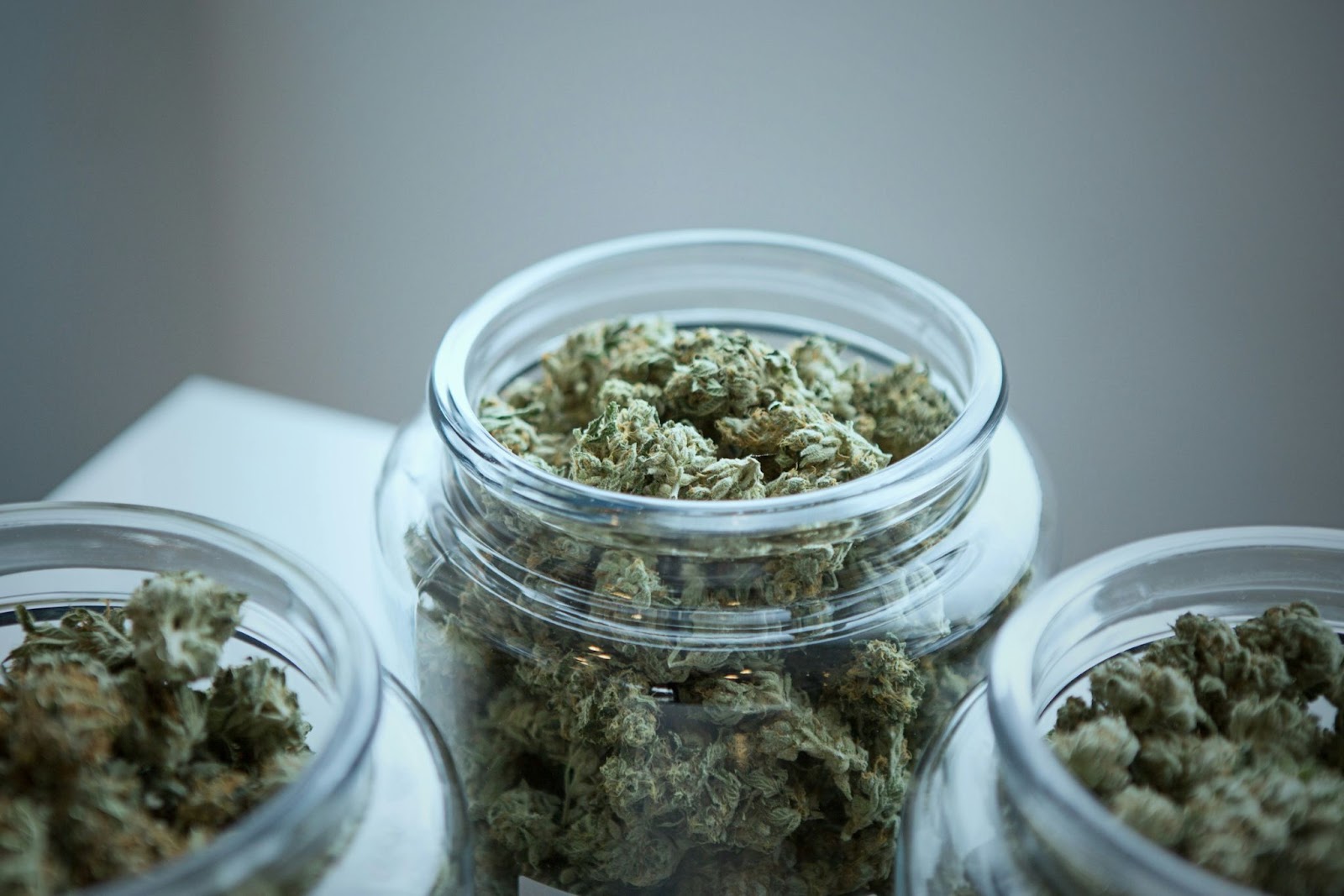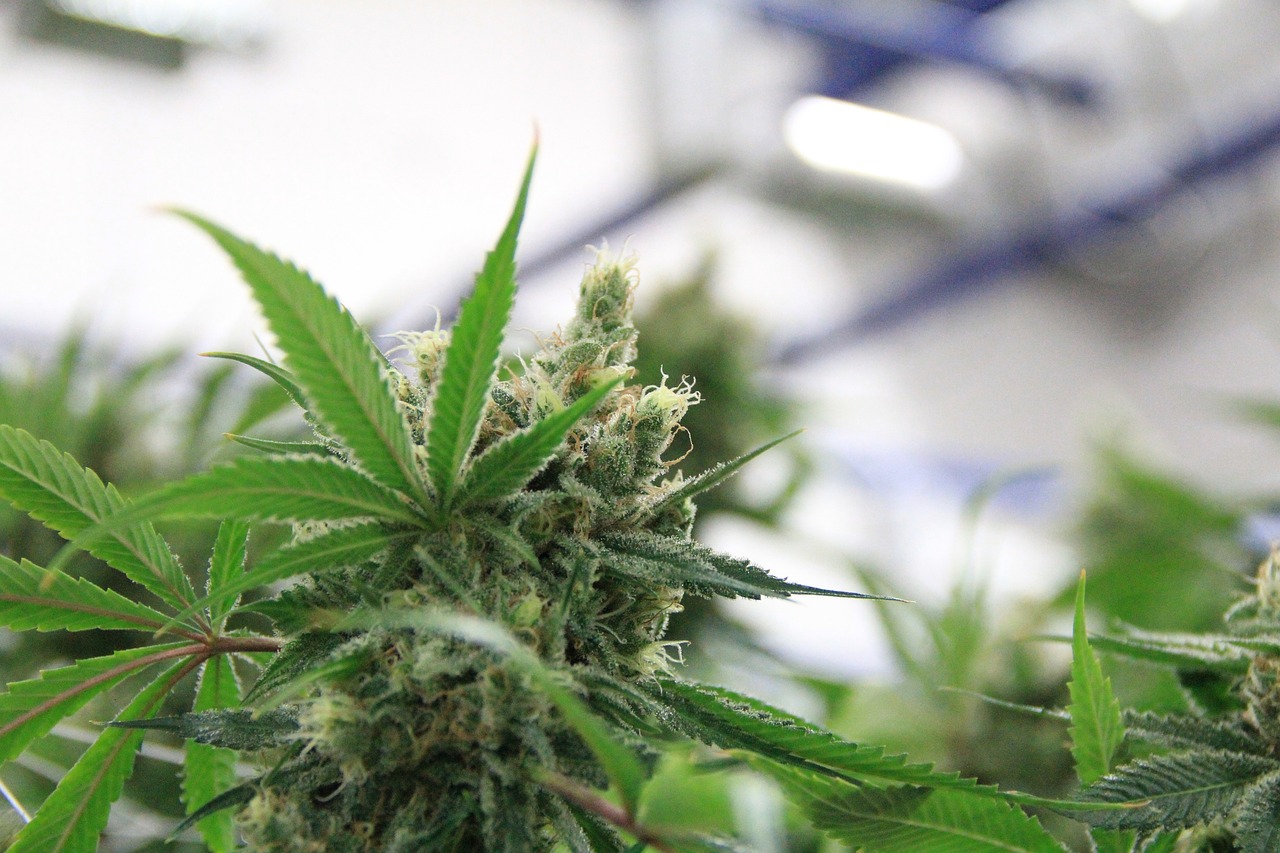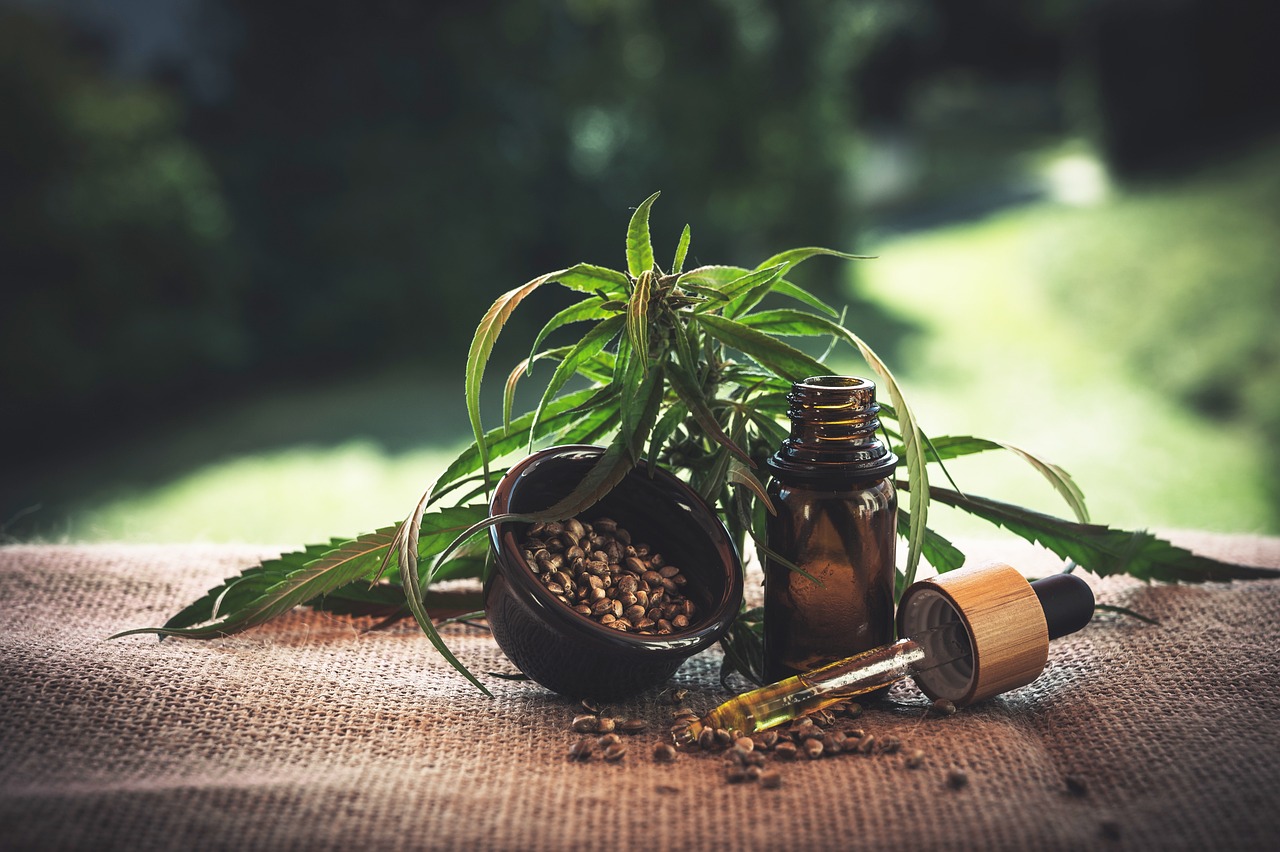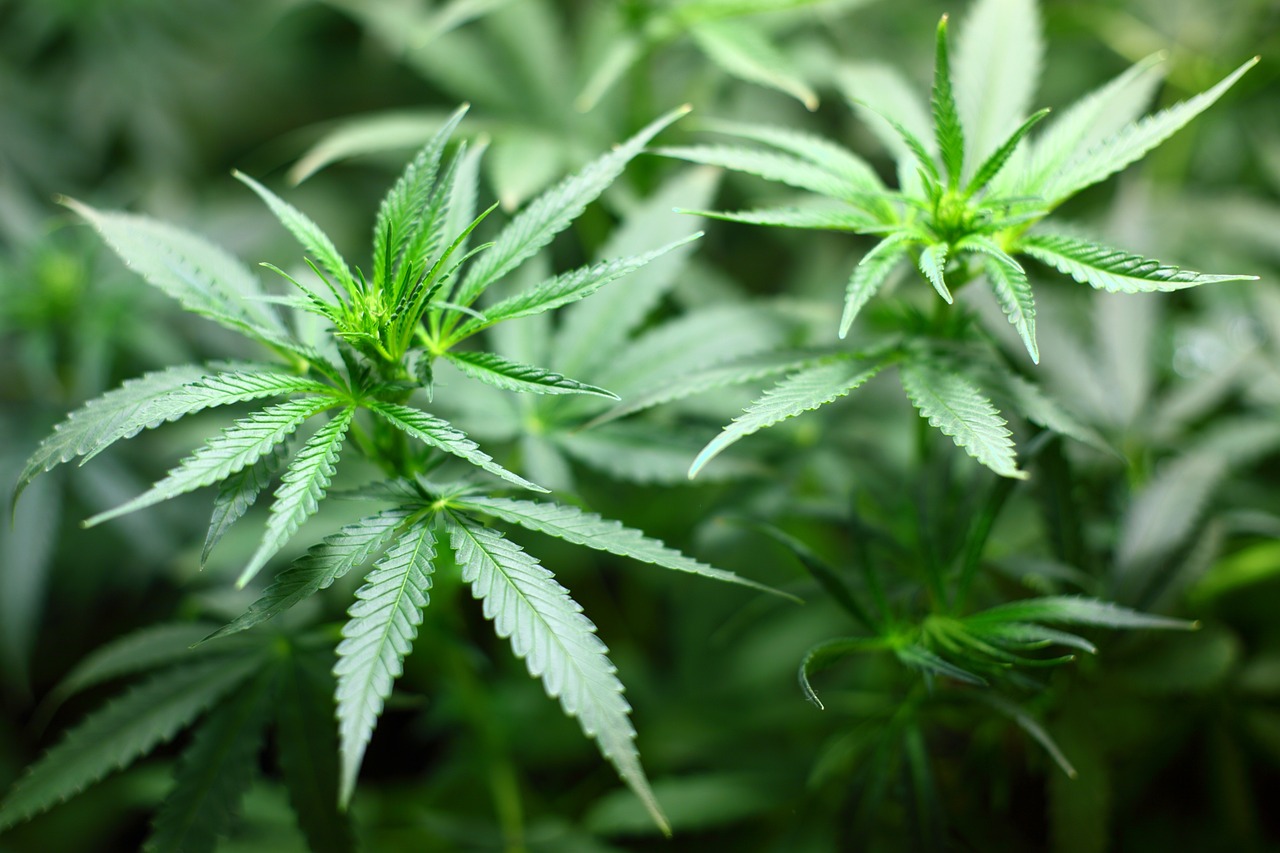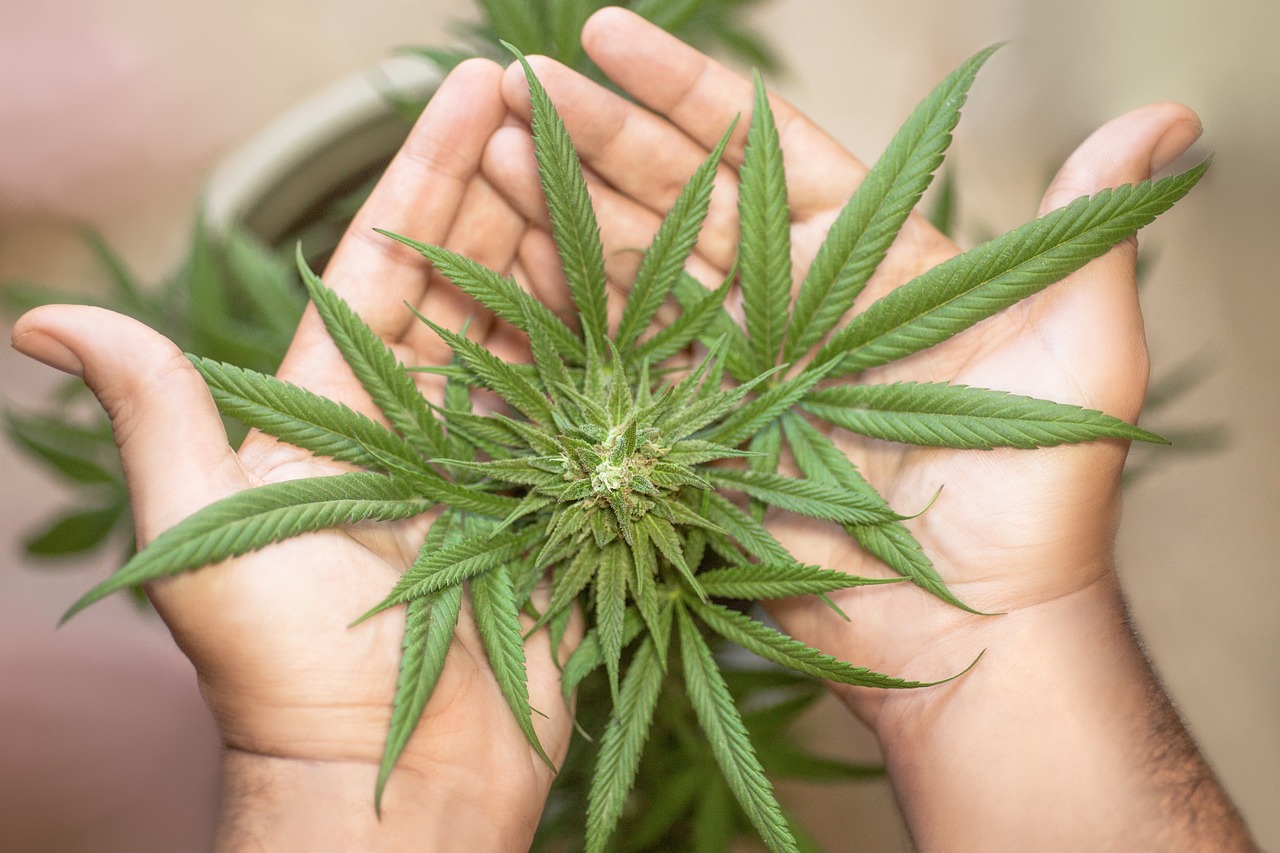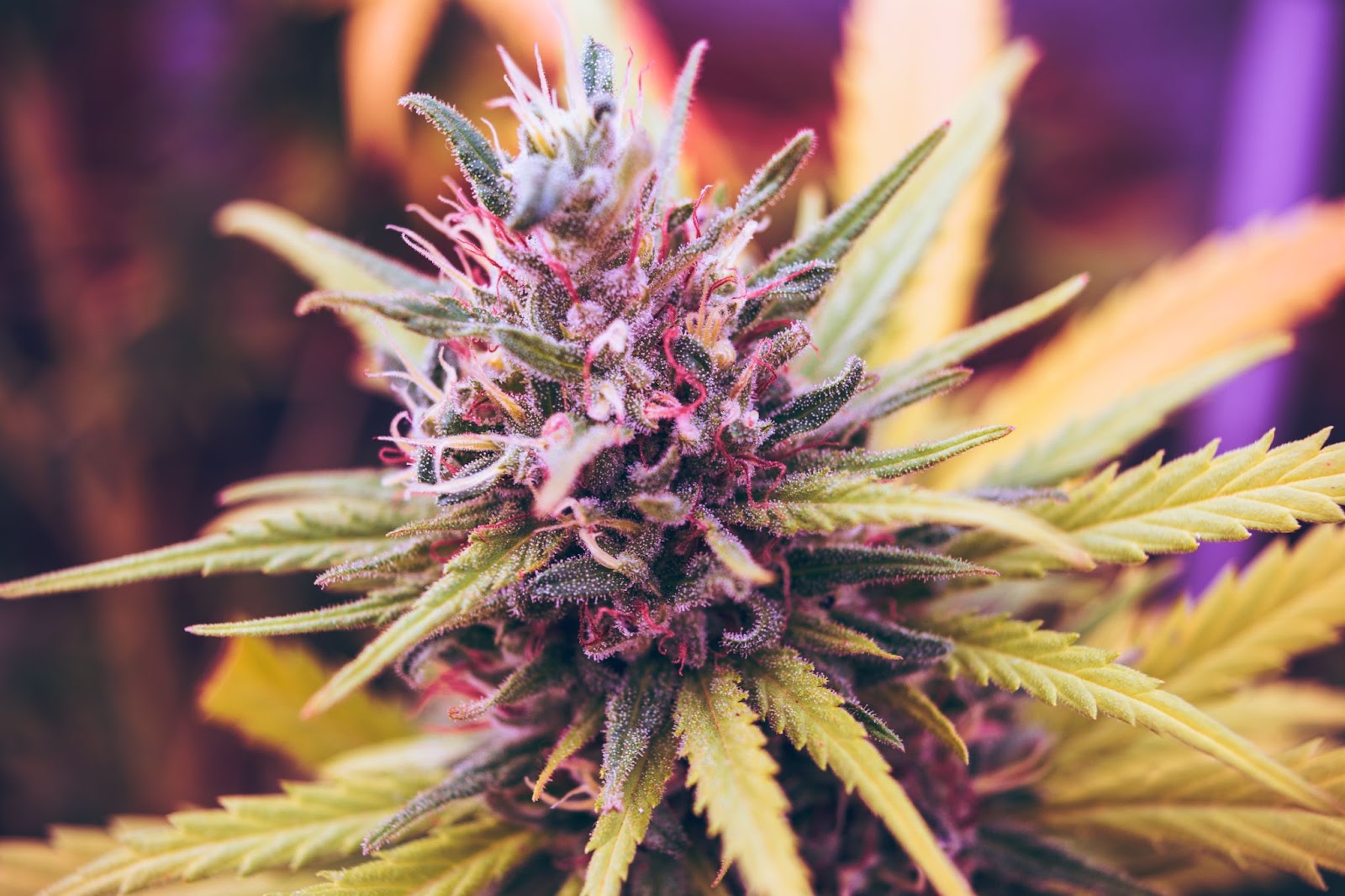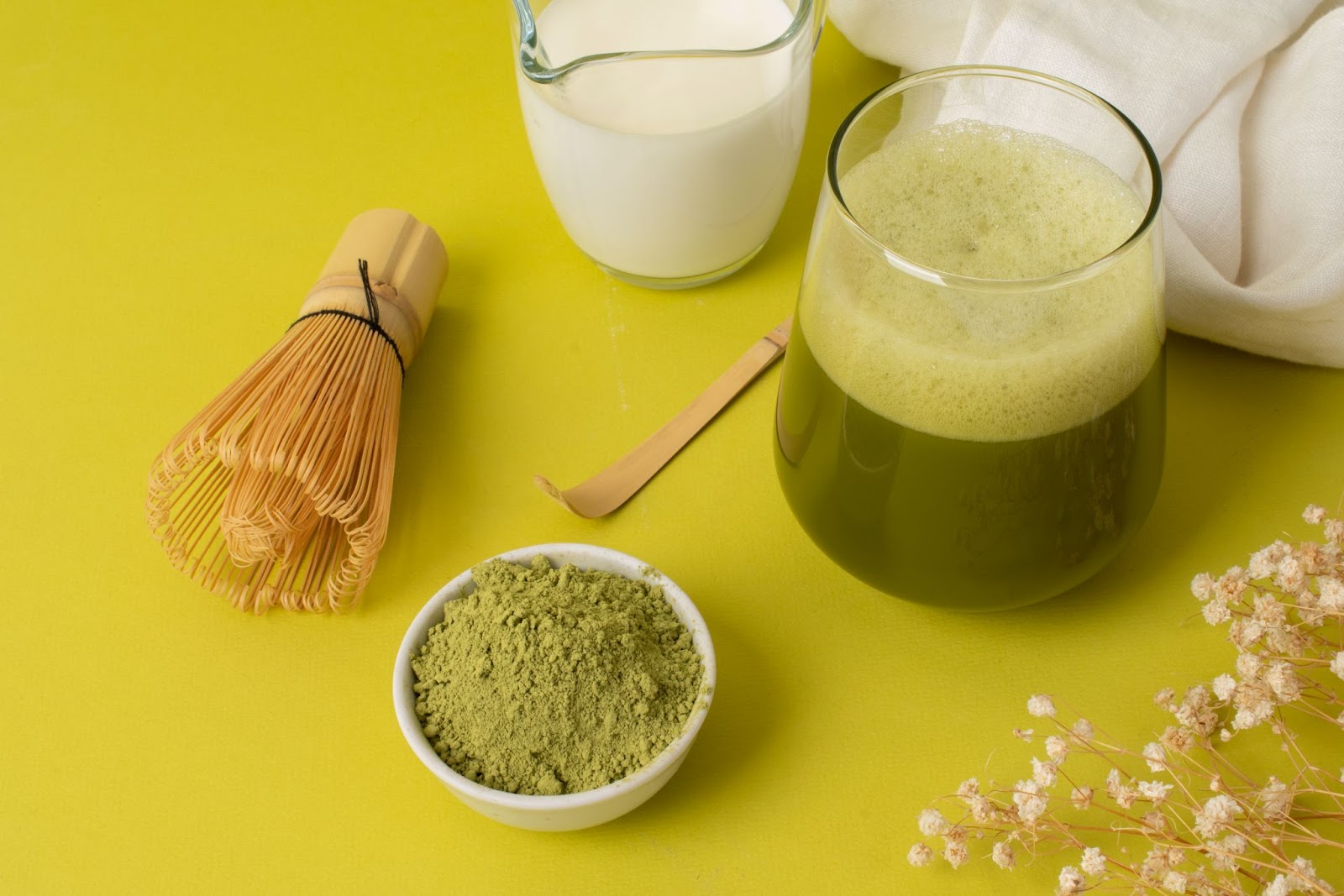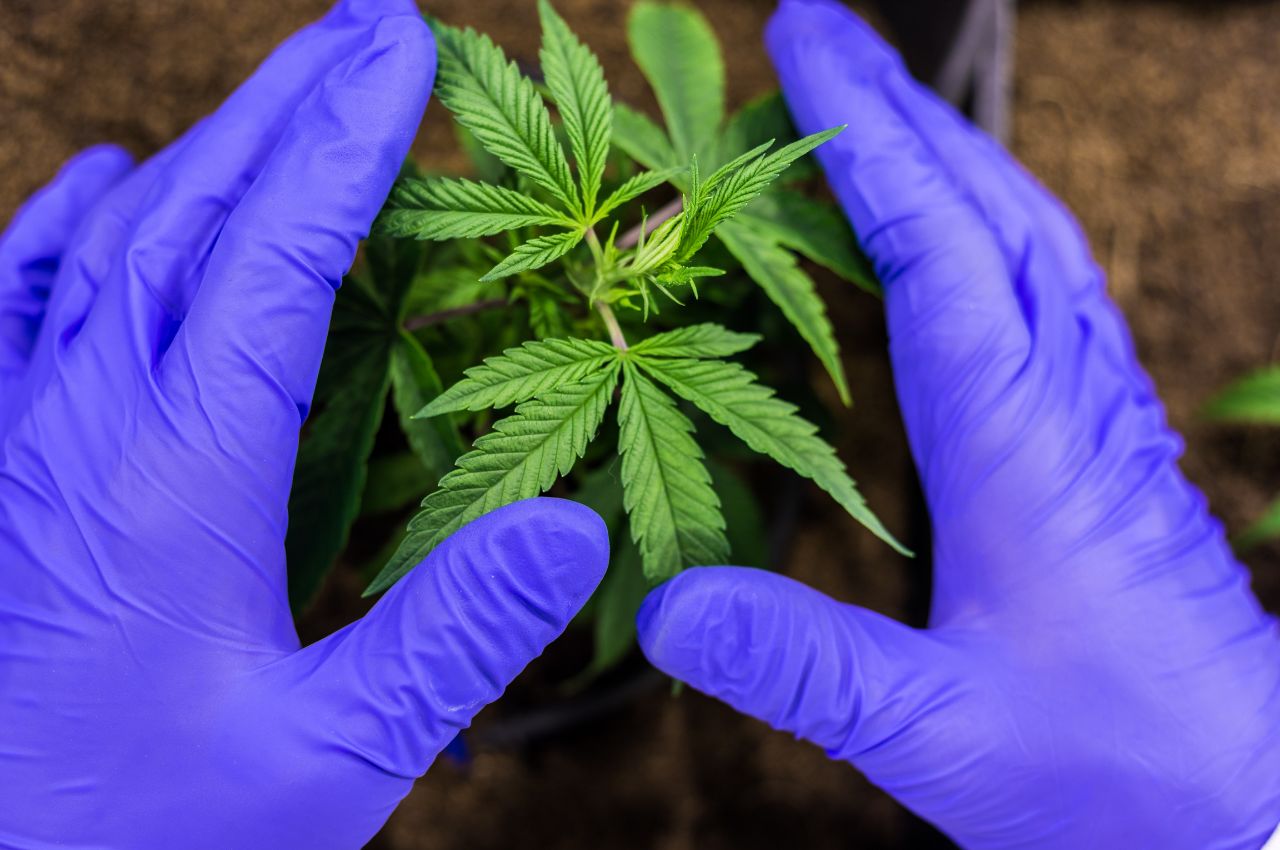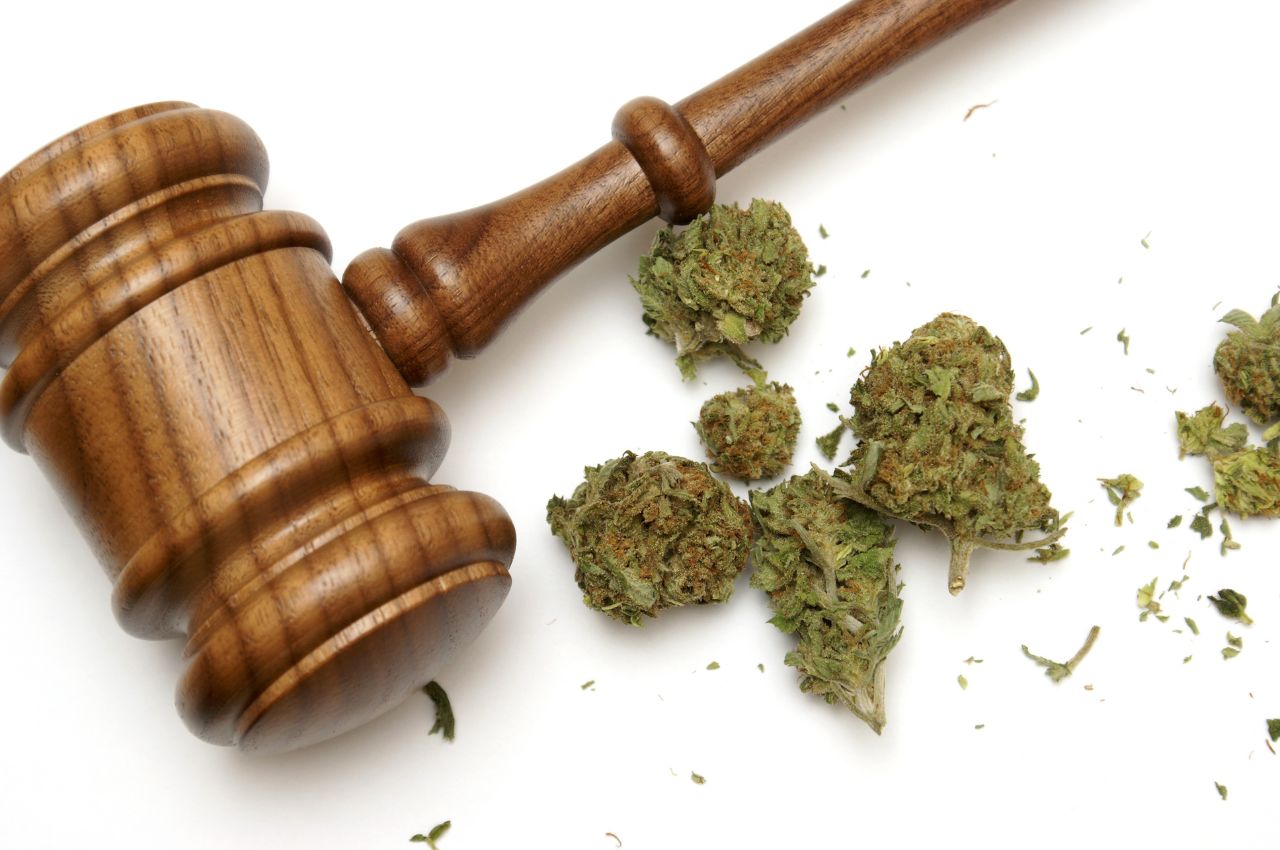The surge in cannabis product availability is casting a spotlight on the therapeutic potential of CBD. Particularly, CBD gummies are gaining traction as go-to solutions for issues like insomnia and chronic pain. With ongoing scientific exploration into the medical benefits of marijuana and its cannabinoids, there’s a burgeoning realization that CBD holds promise for a broad spectrum of common ailments.
Entering the scene are BioHeal CBD Gummies, a new entrant in the CBD market. These gummies, bearing the endorsement of Dr. Oz, tout a range of healing properties extending beyond the usual benefits for sleep and pain relief. While CBD’s efficacy as a sleep enhancer and relaxation aid is well-established, some of the claims made by BioHeal—such as pain relief, sleep cycle improvement, joint health enhancement, bipolar disorder management, cardiovascular health promotion, and cognitive health improvement—still need more scientific backing. According to their website, consuming just one gummy daily could bring about these diverse health benefits.
BioHeal’s gummies are designed to target the root causes of stress and pain. Like many other brands, BioHeal’s primary claims surround sleep cycles and chronic pain. However, instead of promising temporary relief, BioHeal gummies claim to relieve pain consistently if an individual takes one gummy daily. While CBD is known to create a relaxing experience and soothe muscle aches, there is no indication that cannabidiol heals pain over time. The same can be said of mental health. CBD can help put the user in a calm mood to promote relaxation and sleep, but it is not known to improve cognitive function or severe mental health concerns like bipolar disorder.
Having a better sleep schedule could improve a user’s overall well-being, but relying on CBD gummies to heal life-threatening conditions is dangerous. As mentioned on BioHeal’s website, diabetes is not a condition that should be managed with CBD. According to the American Diabetes Association, there is no evidence that CBD has any noticeable effect on blood glucose or blood insulin levels in people with type 2 diabetes. Various companies and online personalities are promoting CBD as a cure for diabetes, but there is no scientific evidence to back up the claim.
BioHeal says CBD gummies can also improve skin elasticity and hair growth. The cosmetic benefits also include a reduction in acne. As CBD can produce a relaxing sensation and acne is often caused by stress, this could work for some users. However, CBD has no properties that would inherently improve conditions. Better sleep could also help improve skin and hair health, but cannabidiol cannot do so.
Research on the benefits of CBD needs to be more advanced to prove any of these claims. BioHeal is counting on the fact that CBD research cannot definitively disprove any of these claims because there is so little of it. Cannabis products have only recently become legal in most states, so formal research on marijuana products has just begun. Companies like BioHeal are capitalizing on the lack of proper research to make wild claims that cannot be refuted entirely – but they cannot be proven either.
For anyone interested in using CBD recreationally or as a potential sleep aid, CBD gummies should not have any adverse effects. As there is not enough research to draw a definitive conclusion, CBD should not be used to improve or cure any life-threatening conditions.
